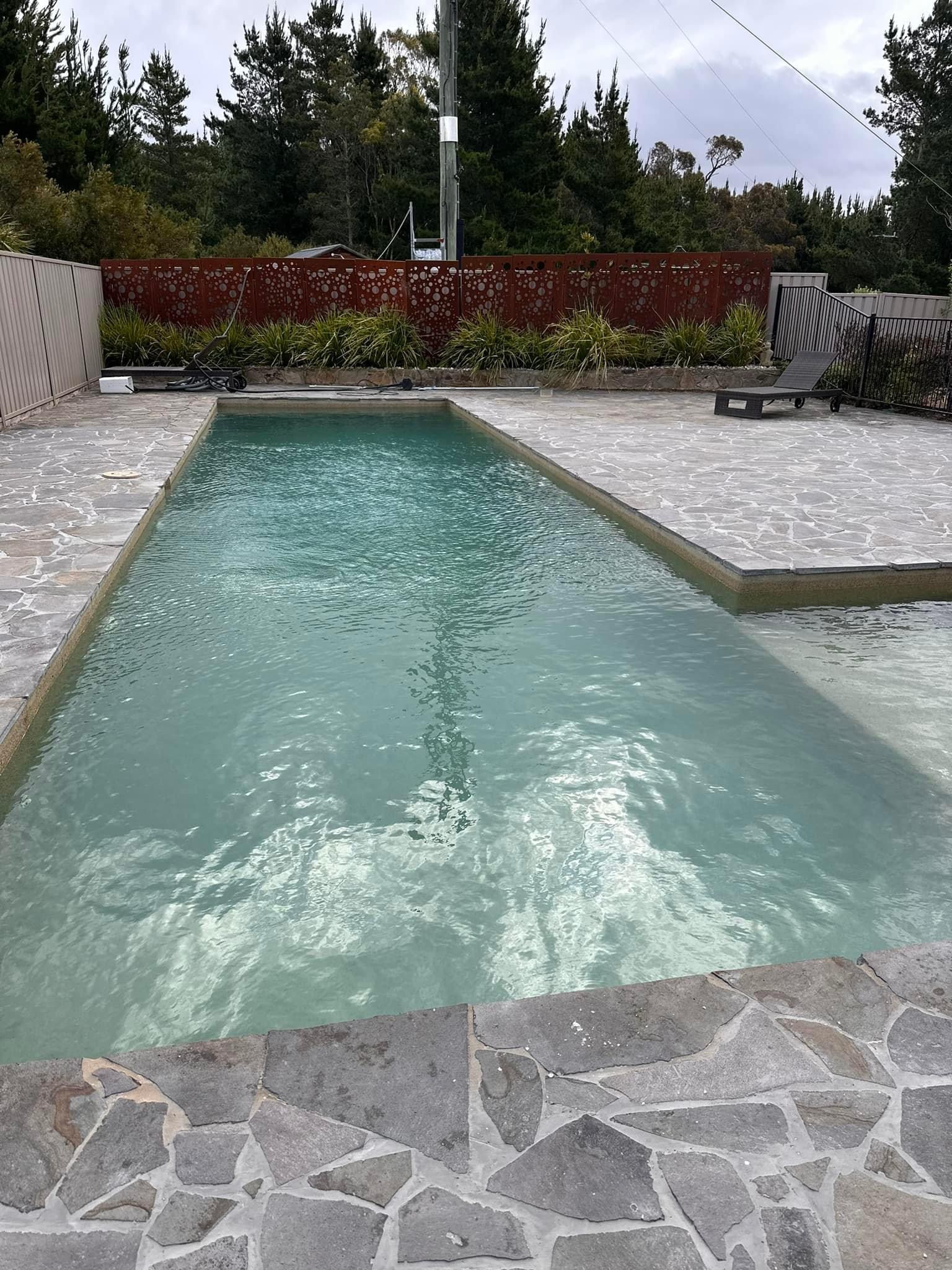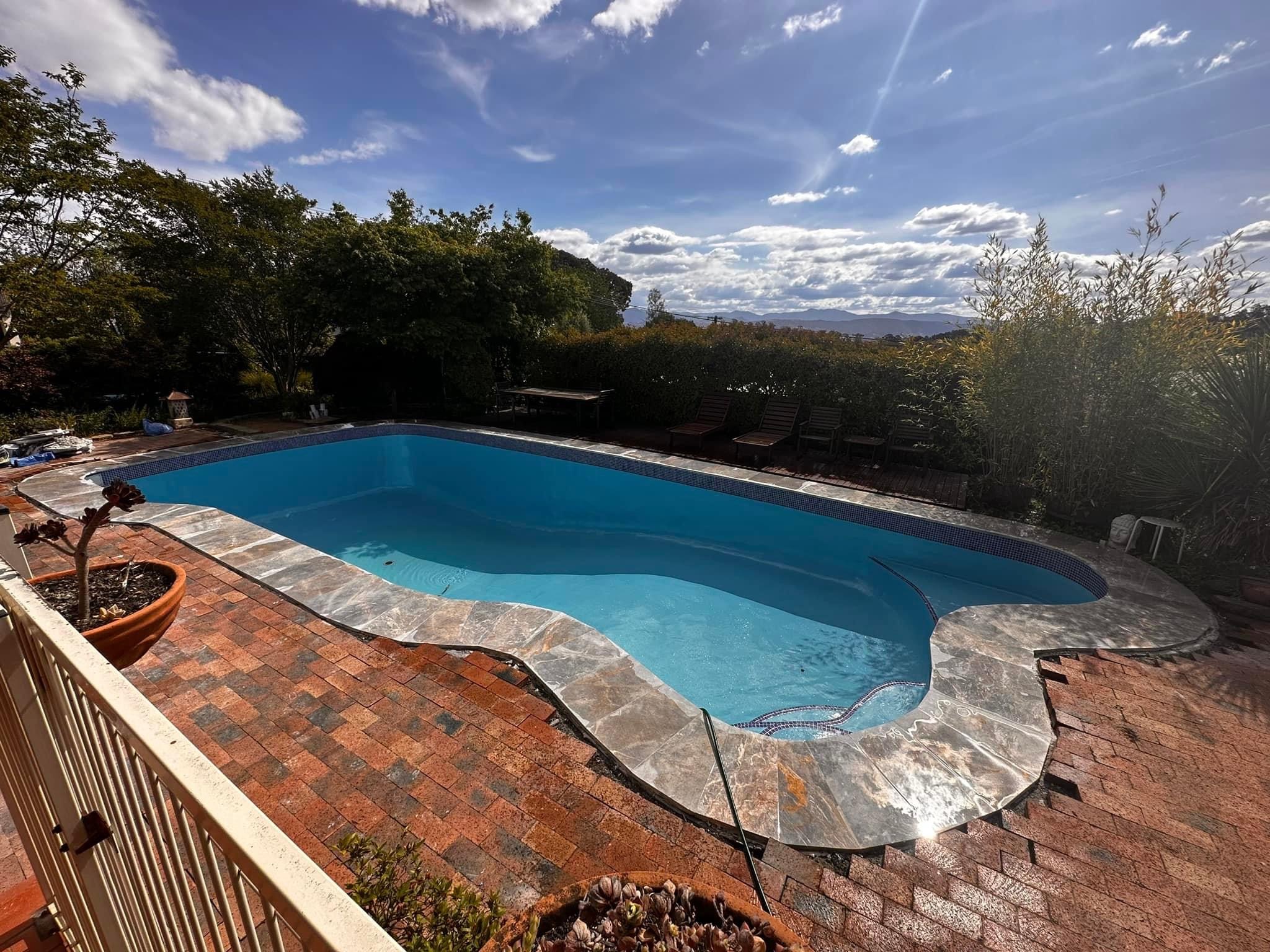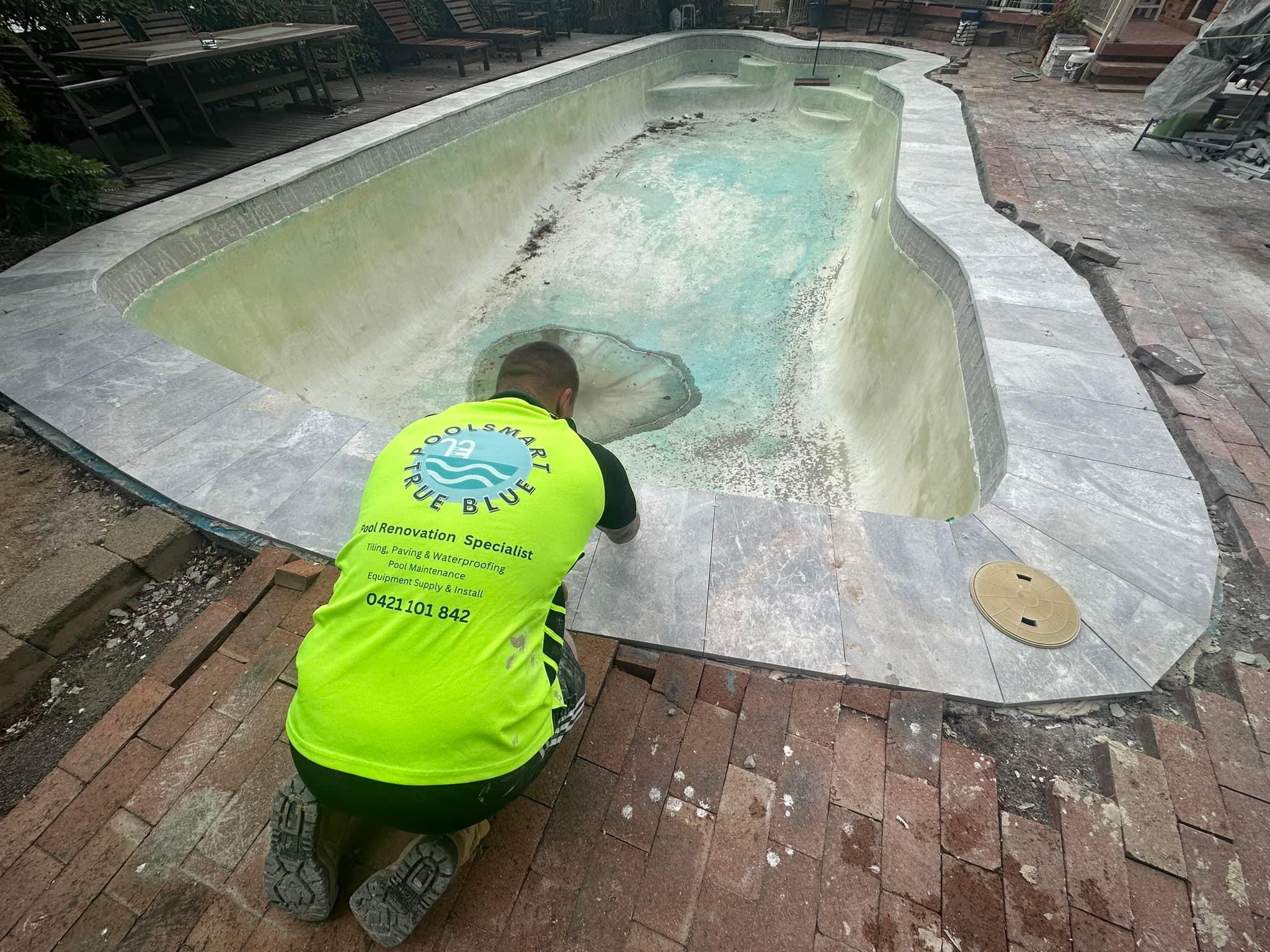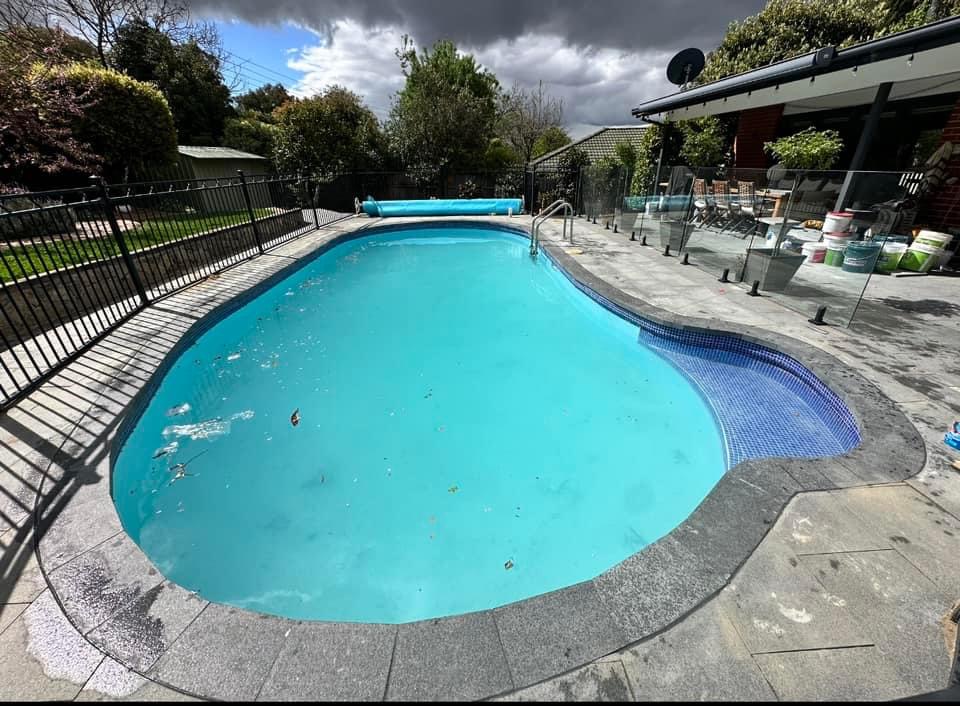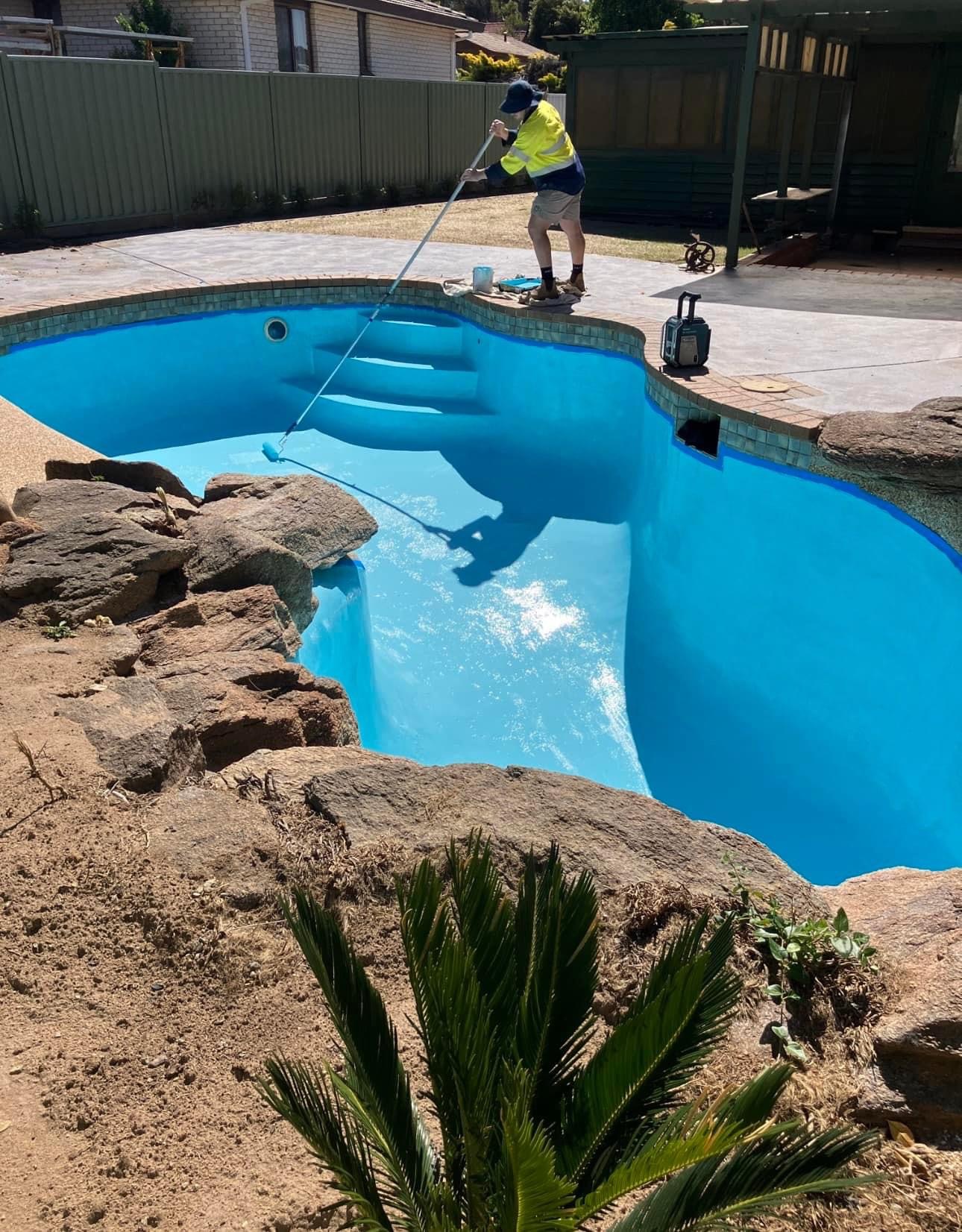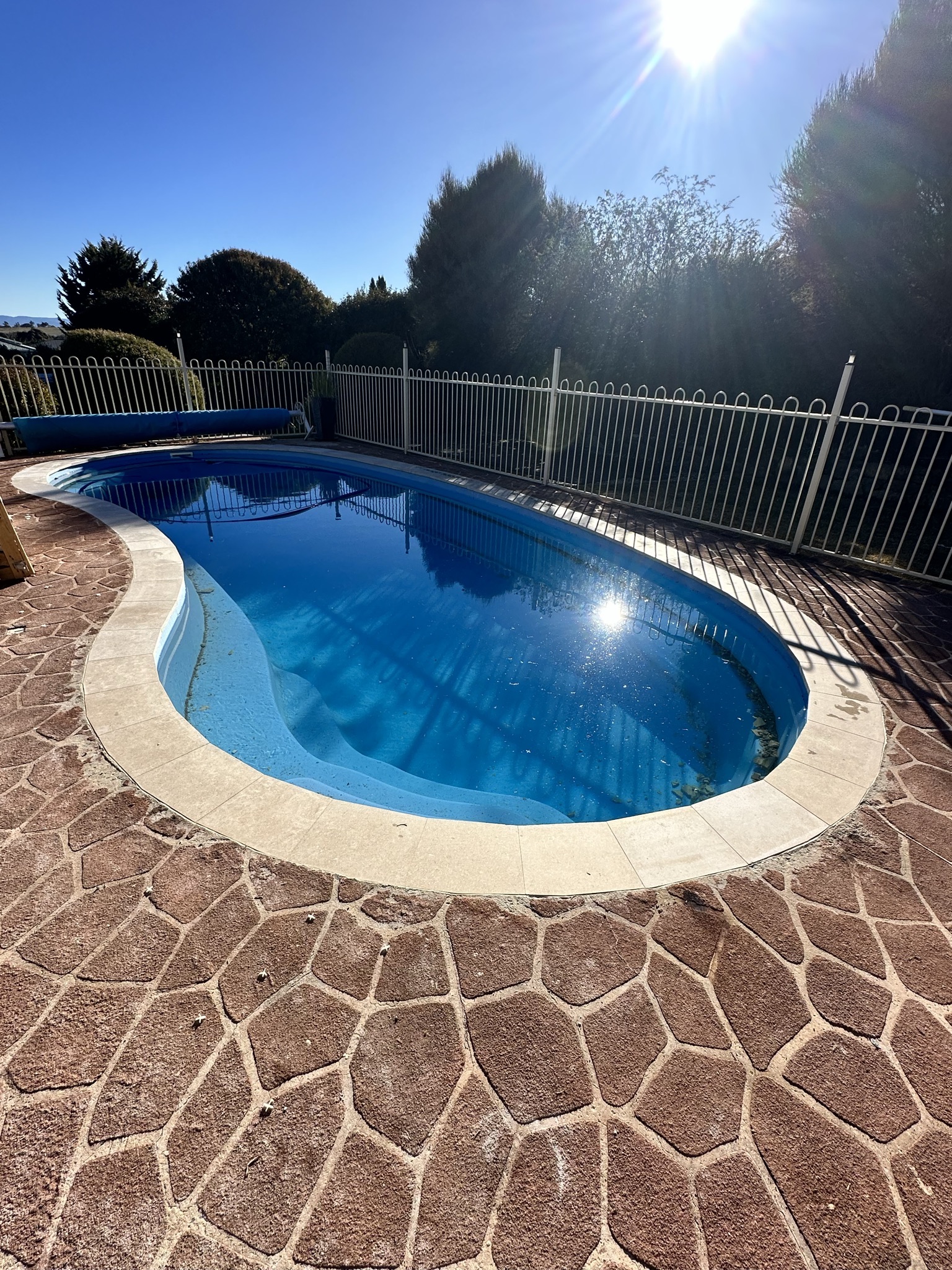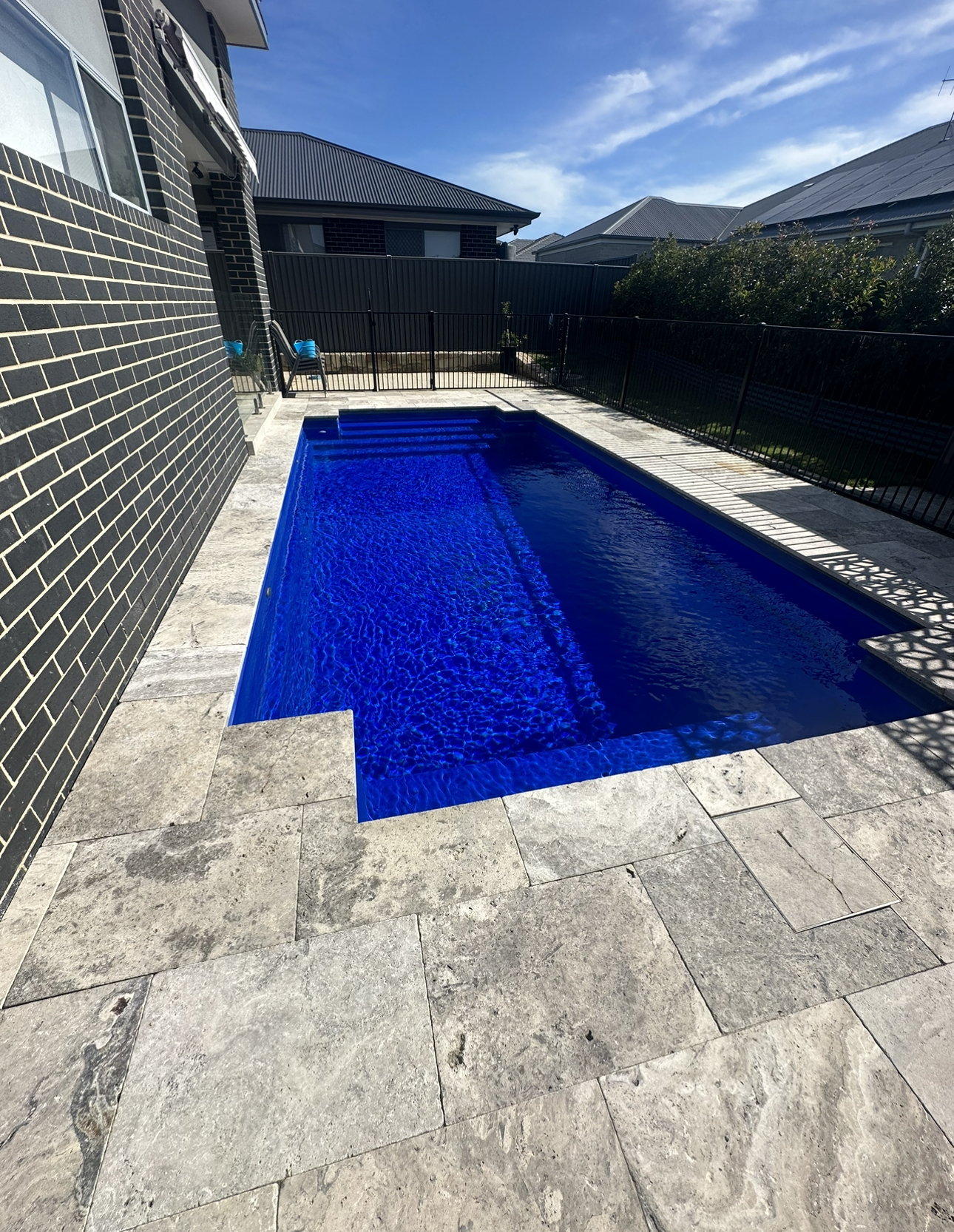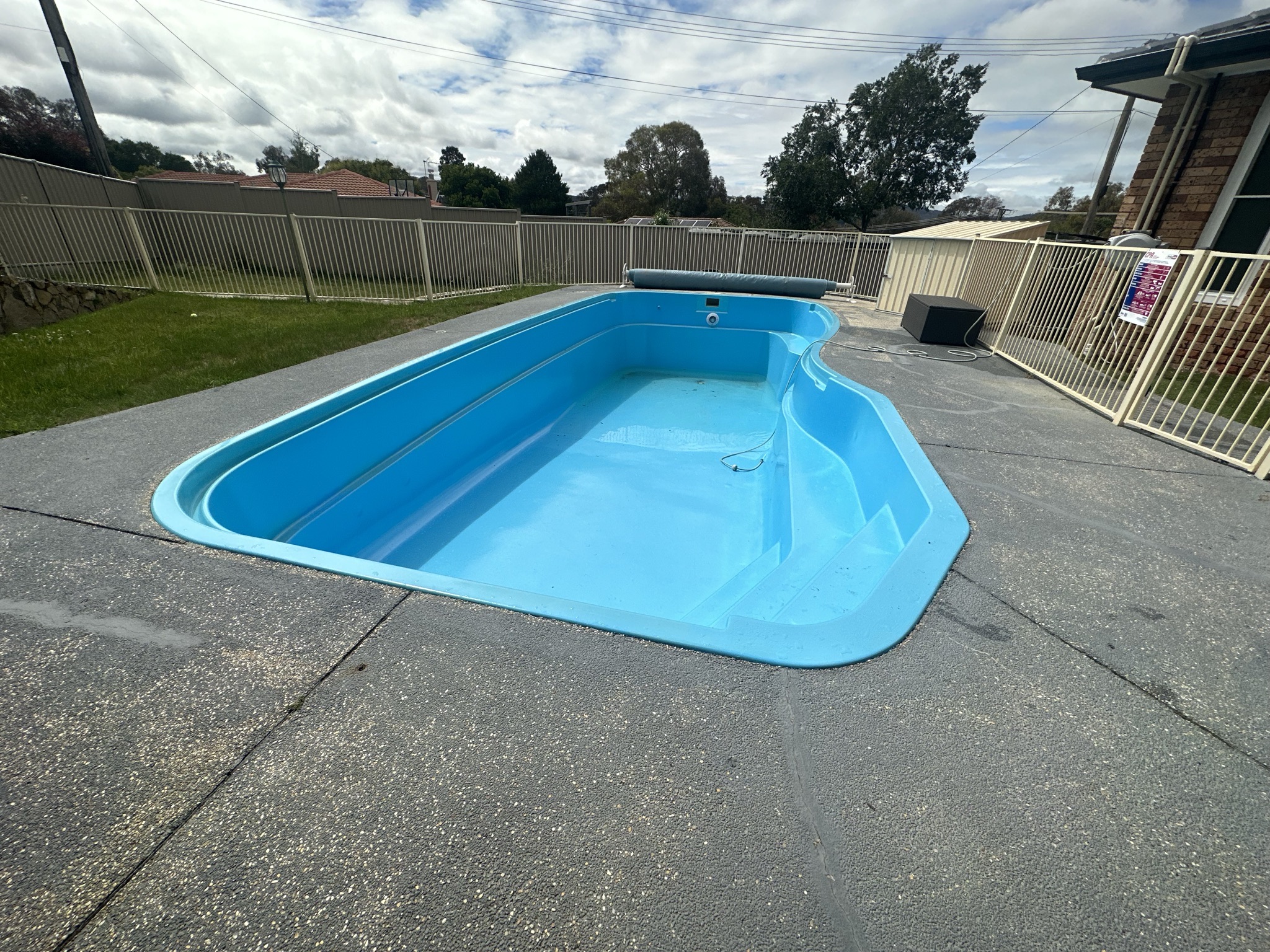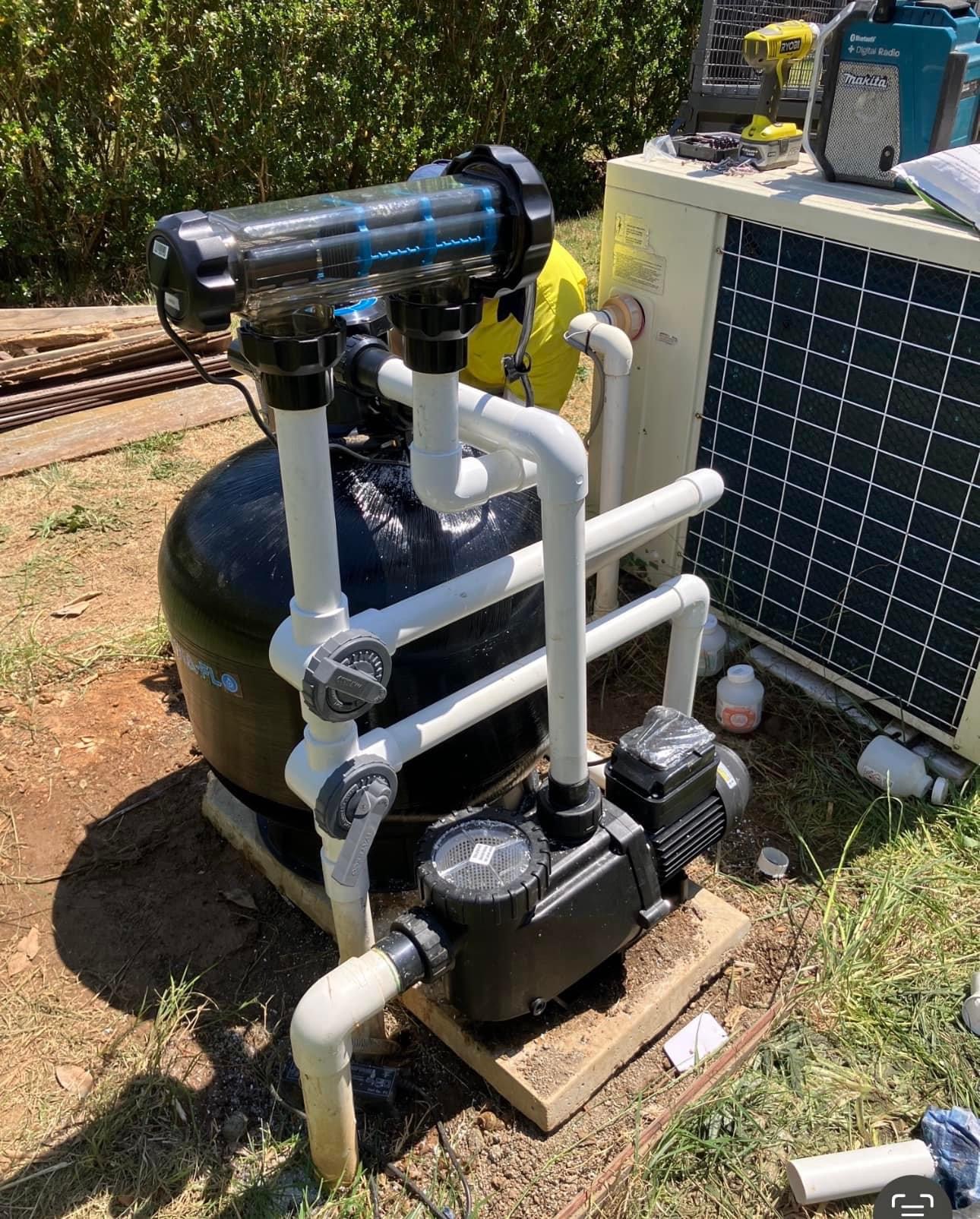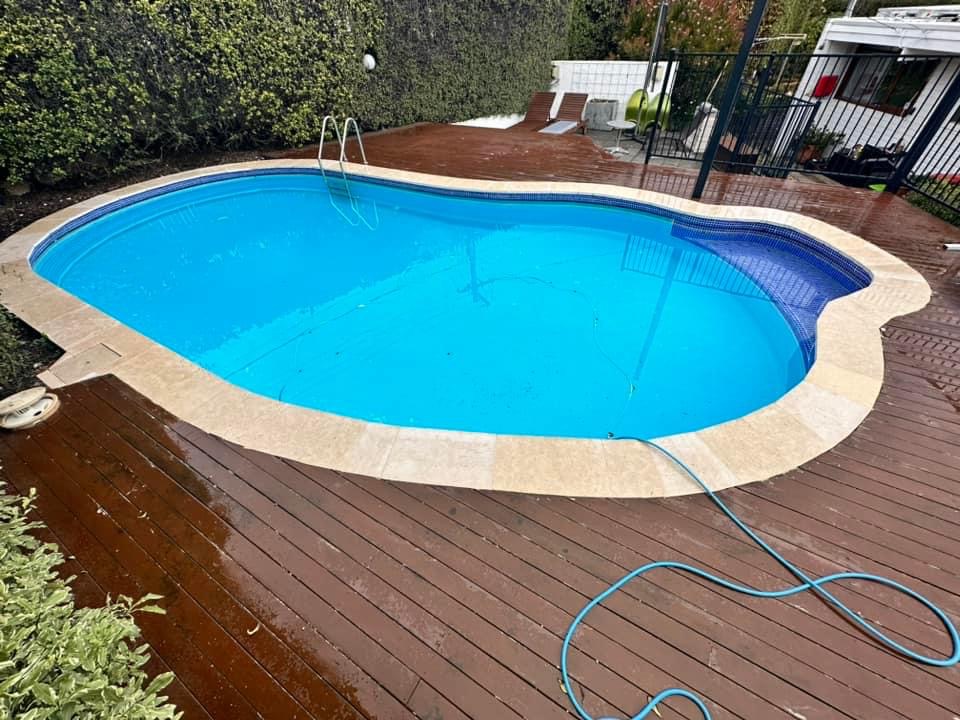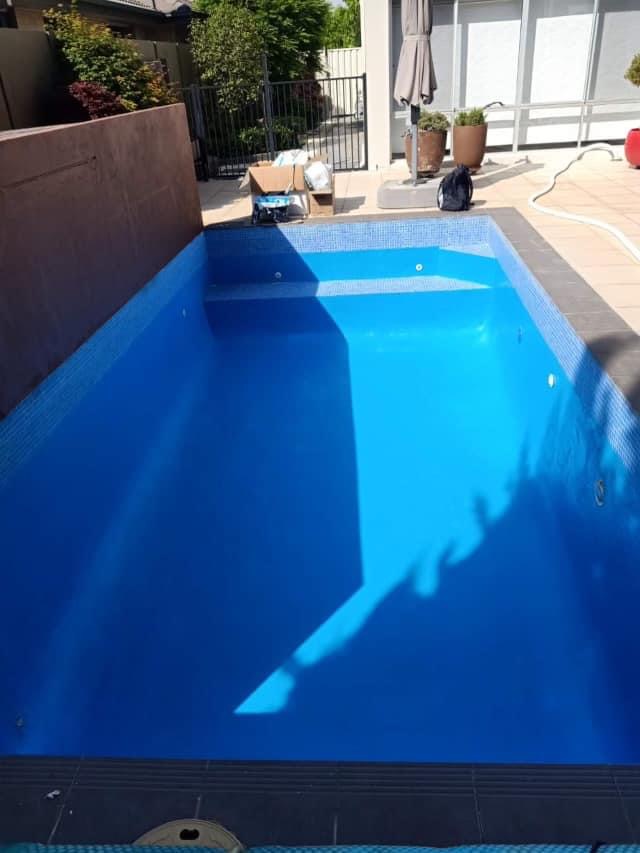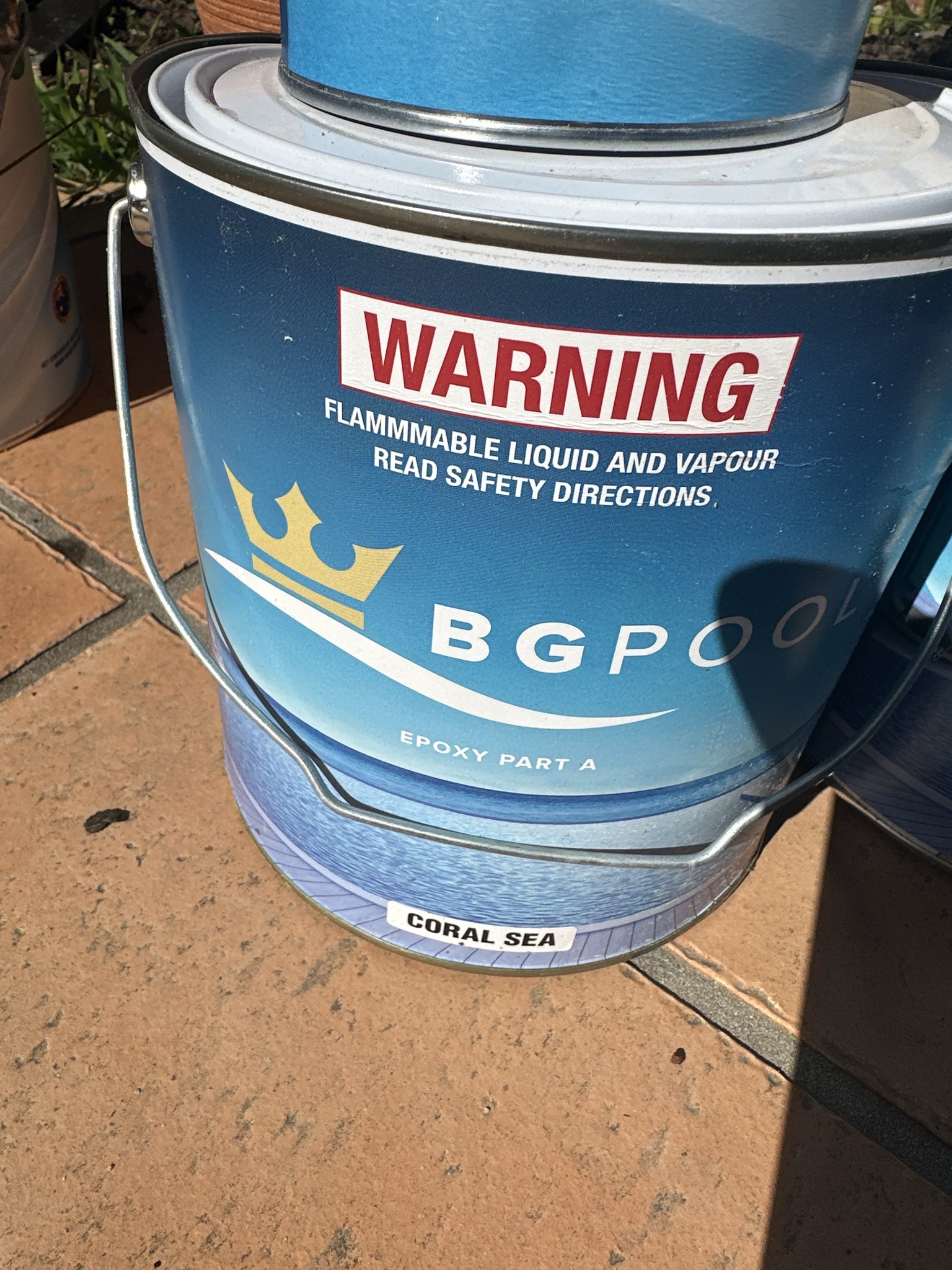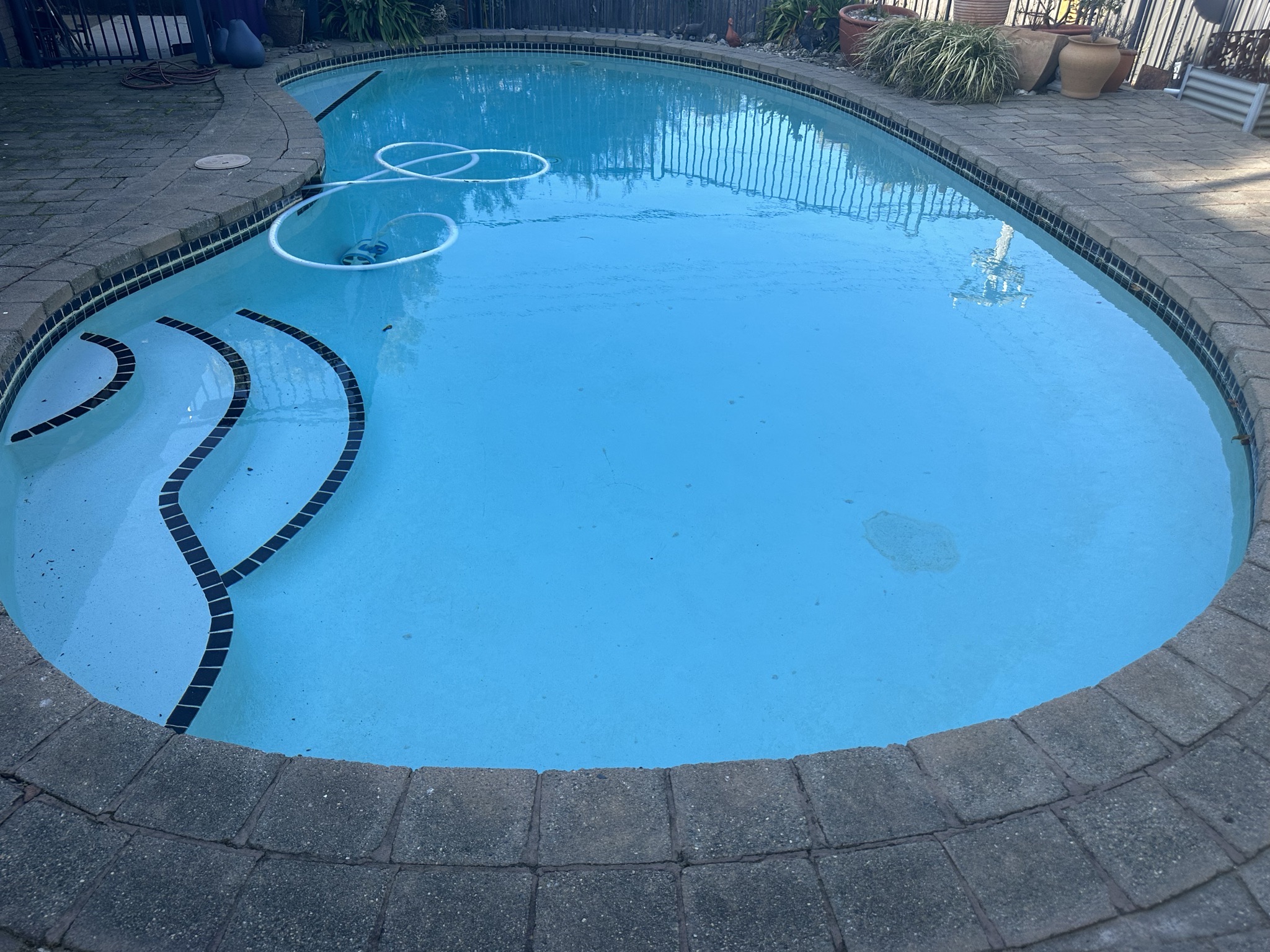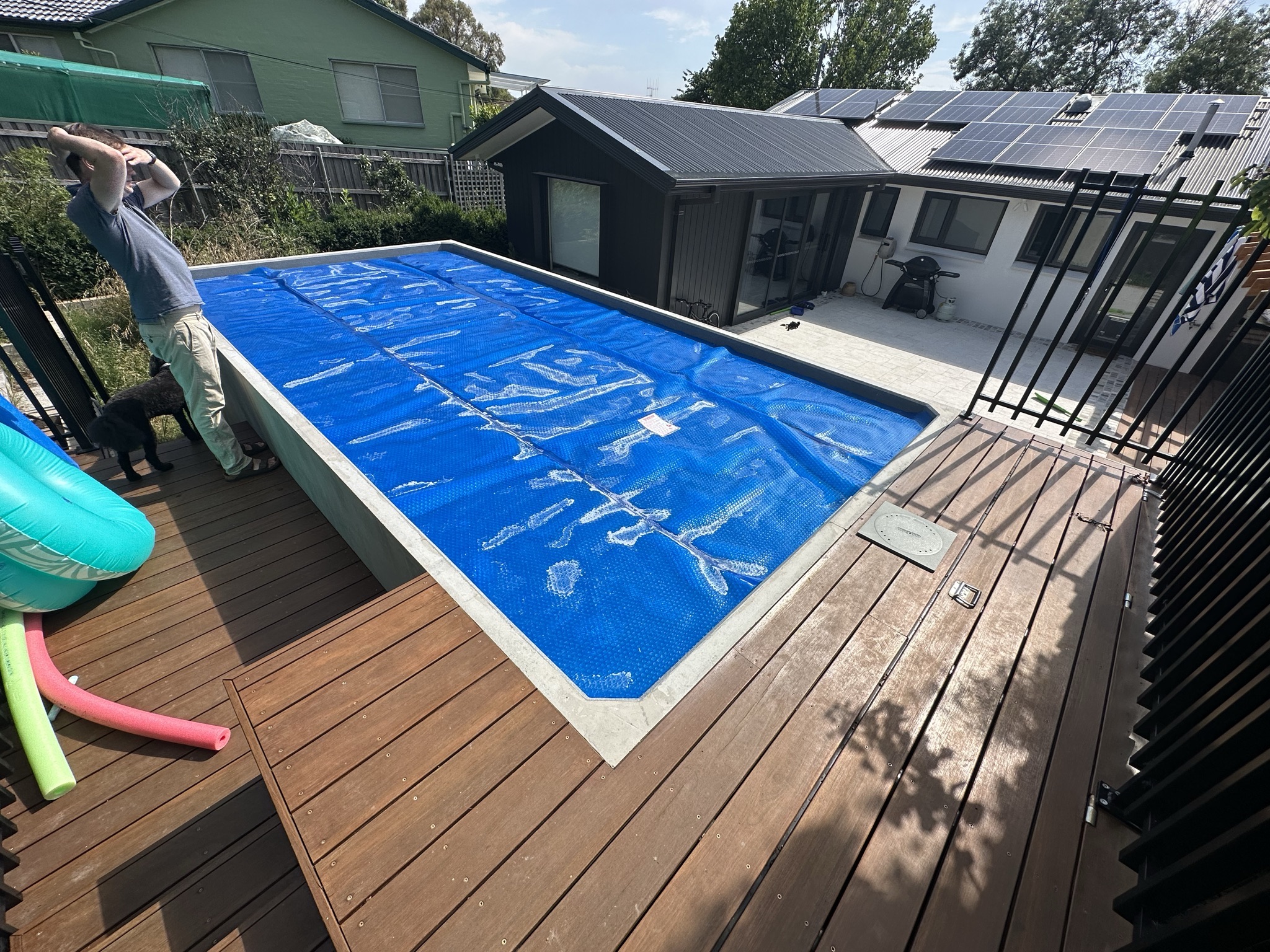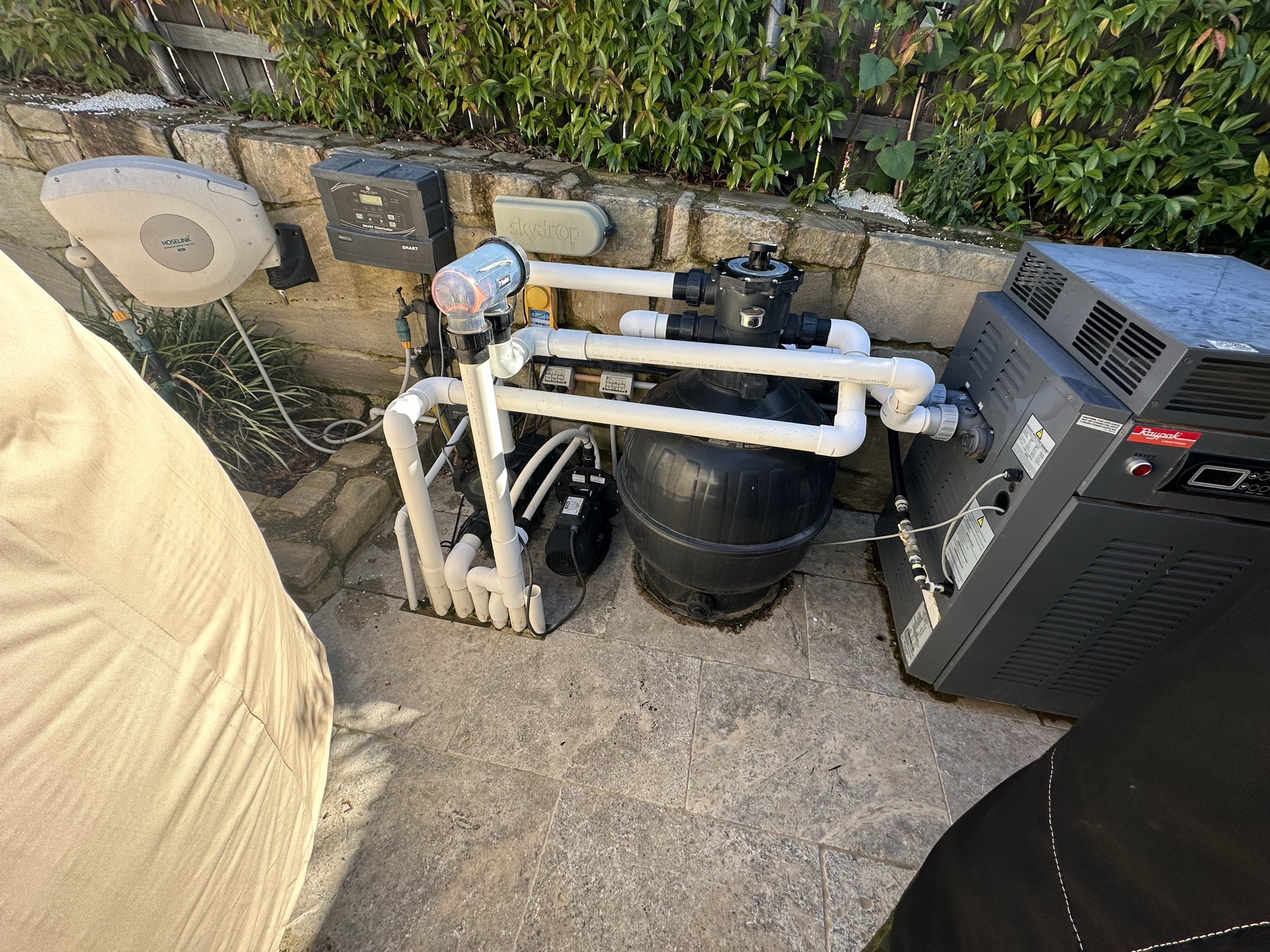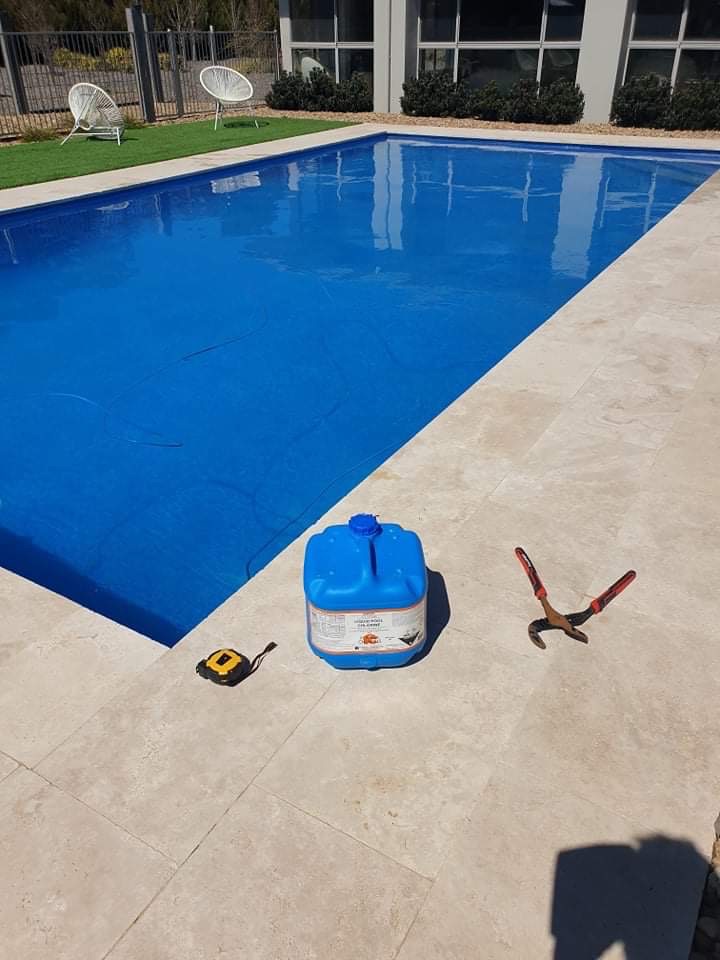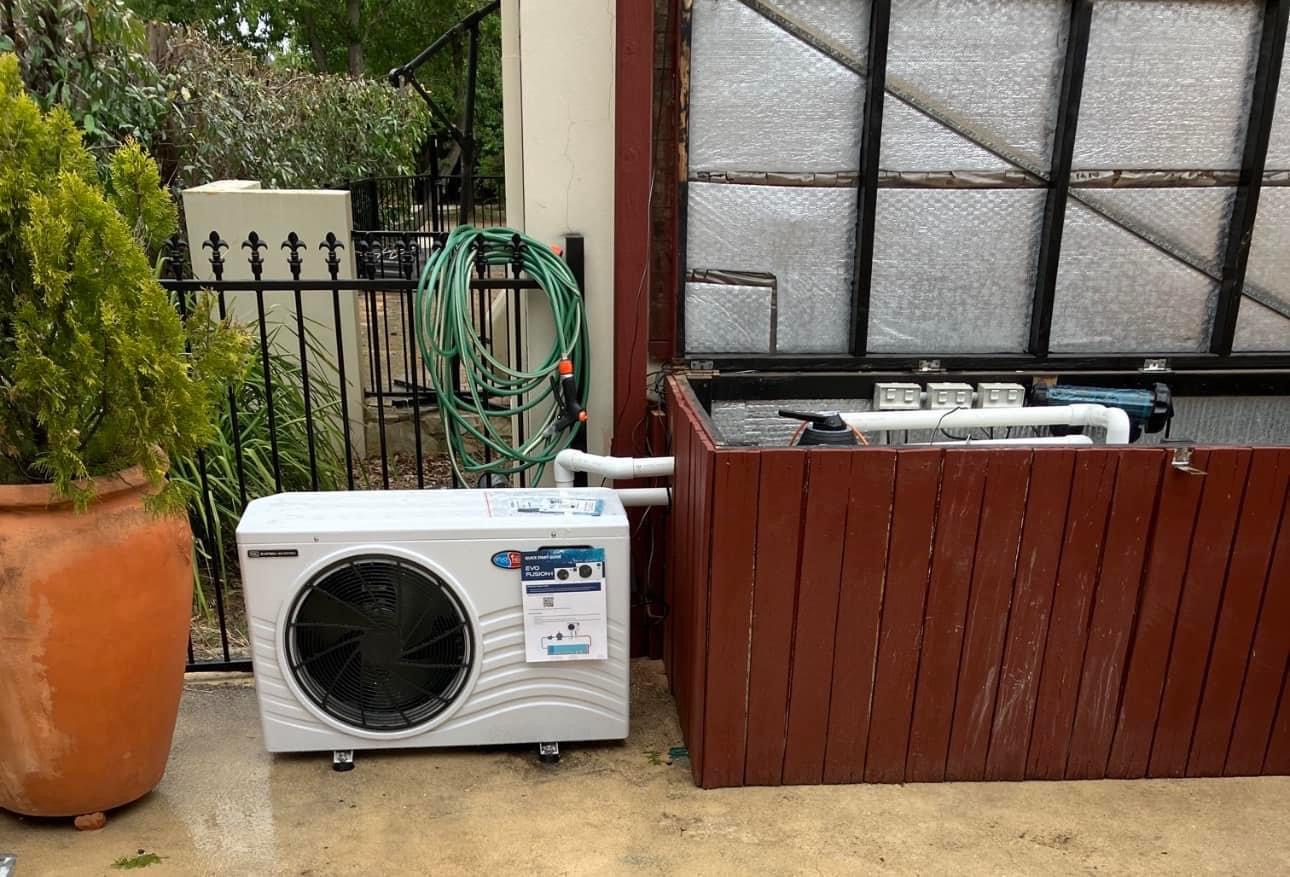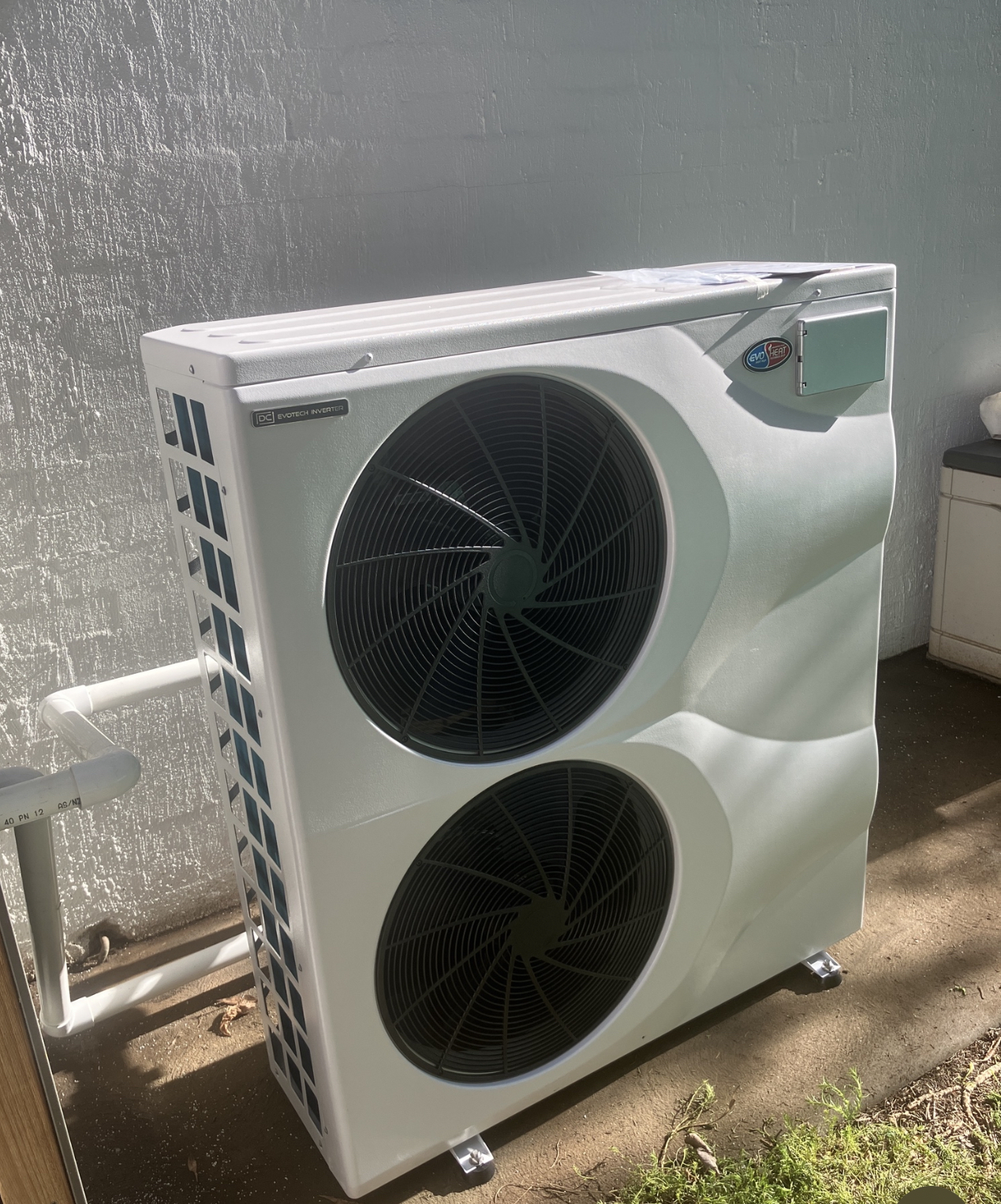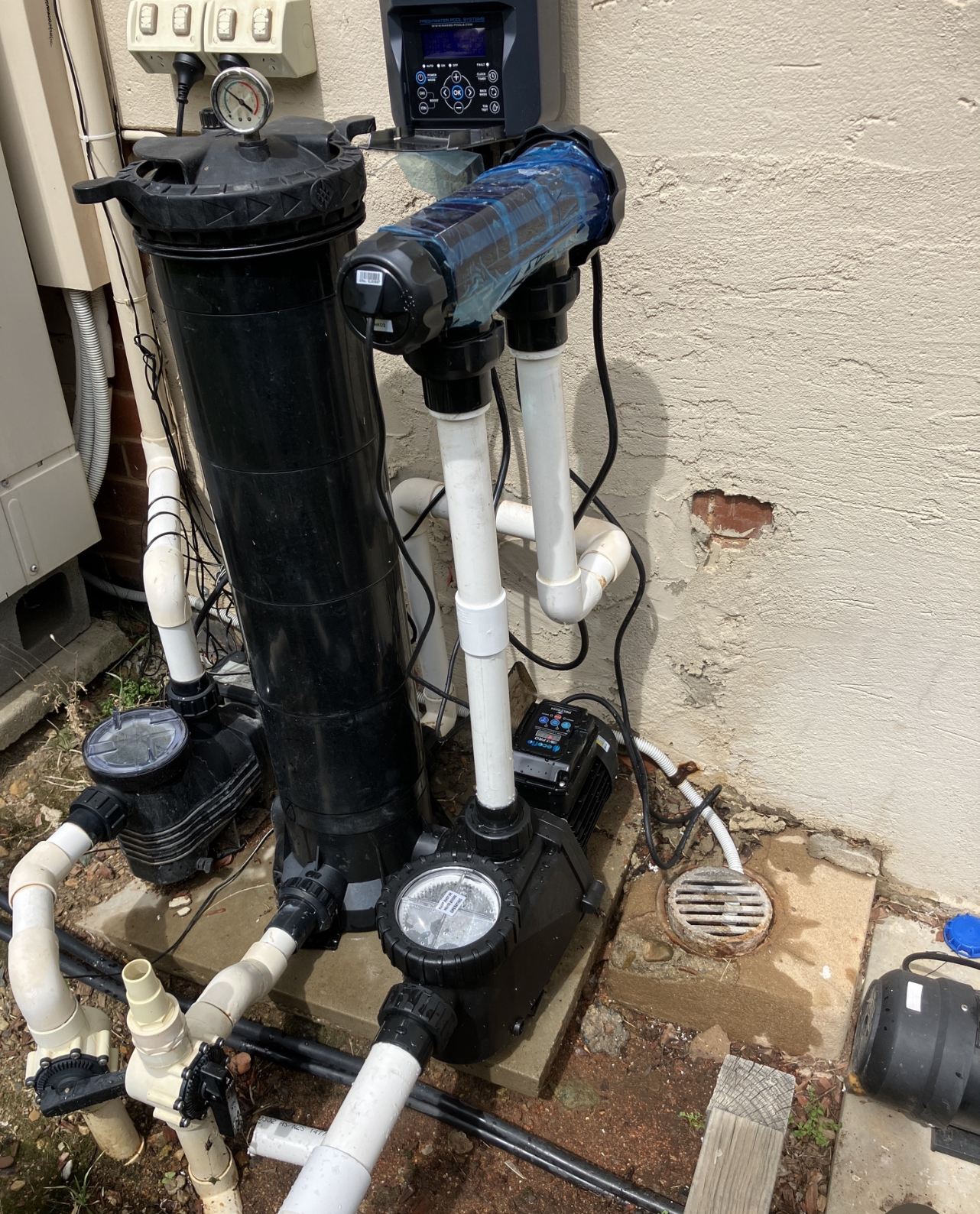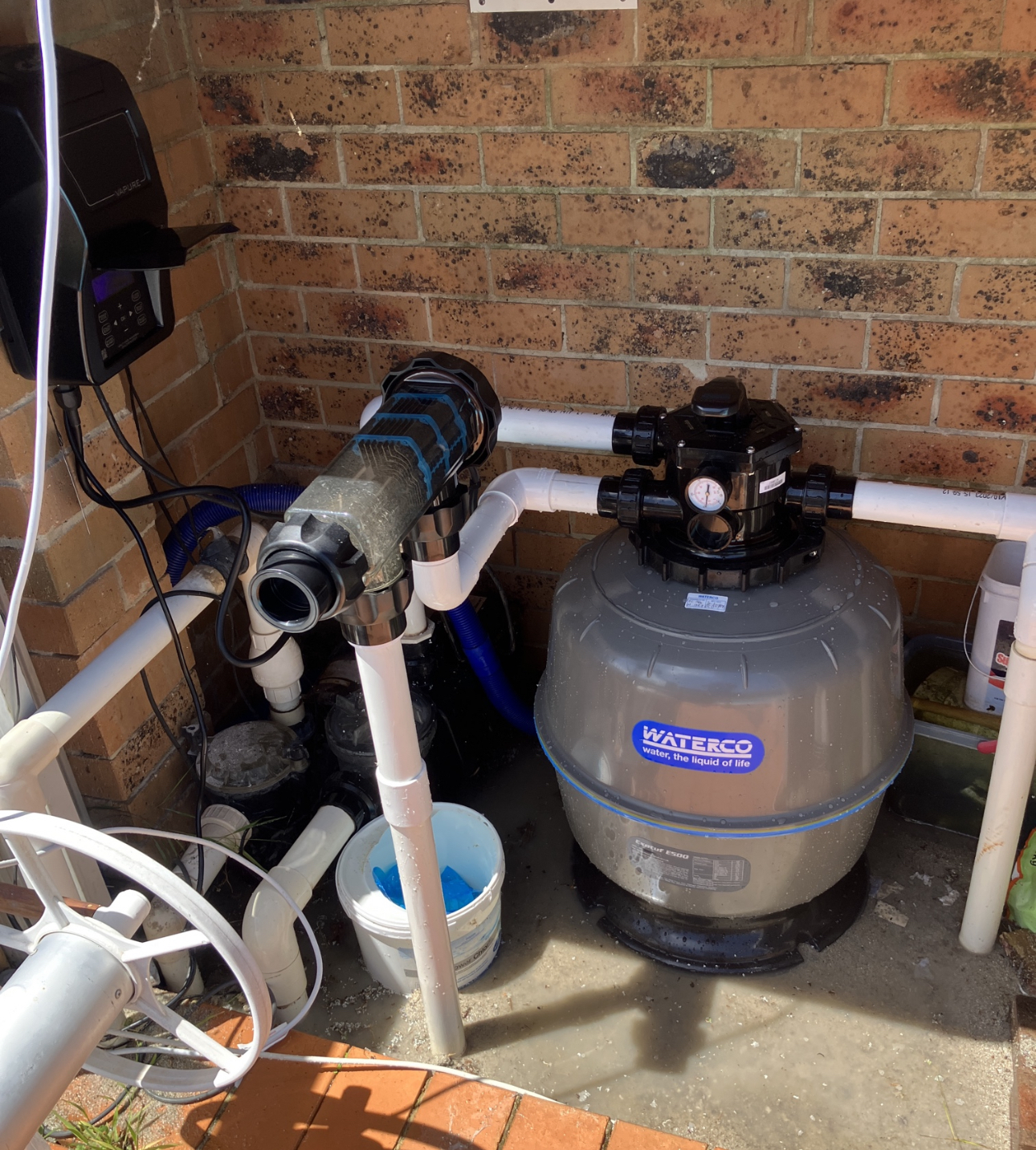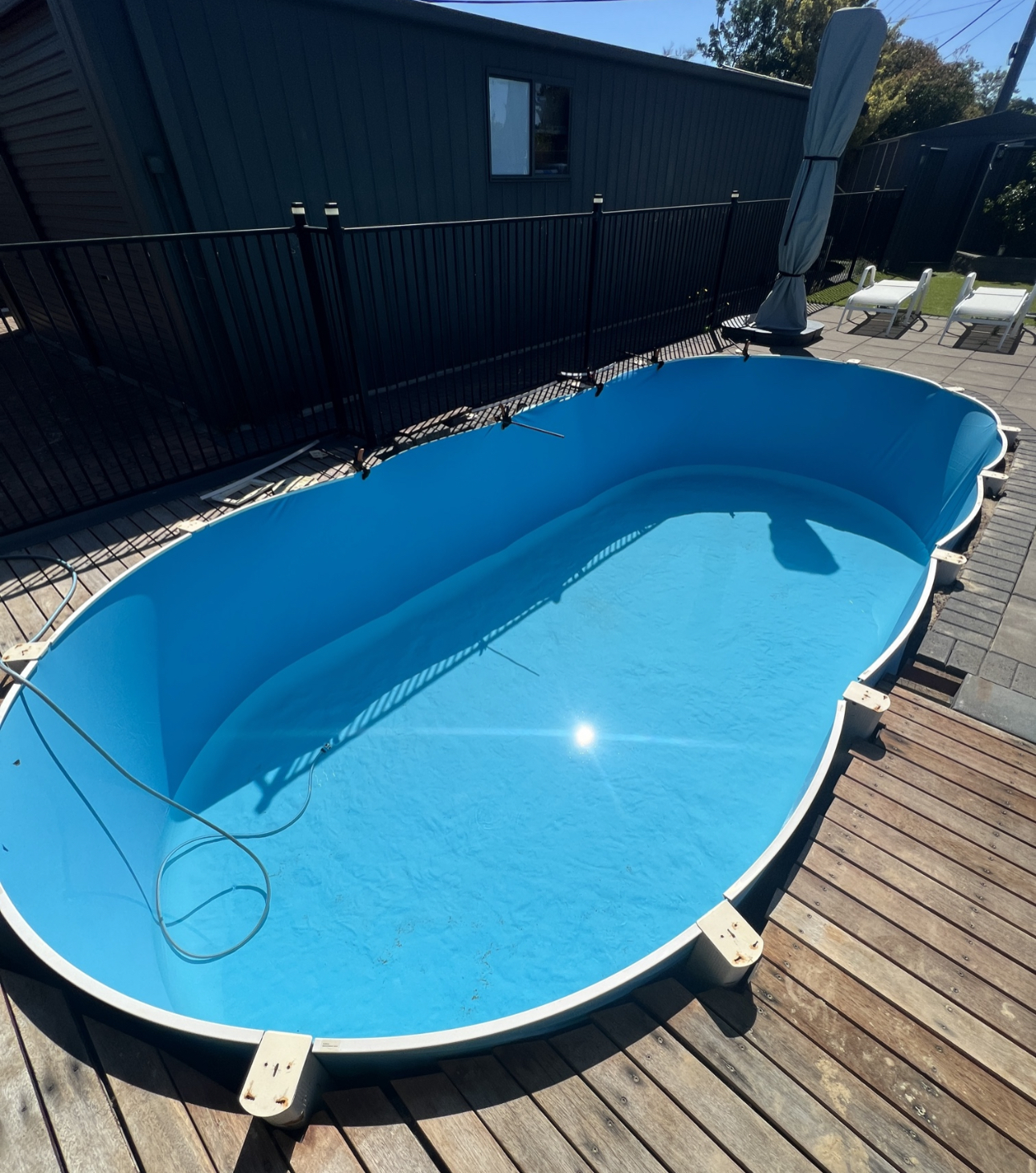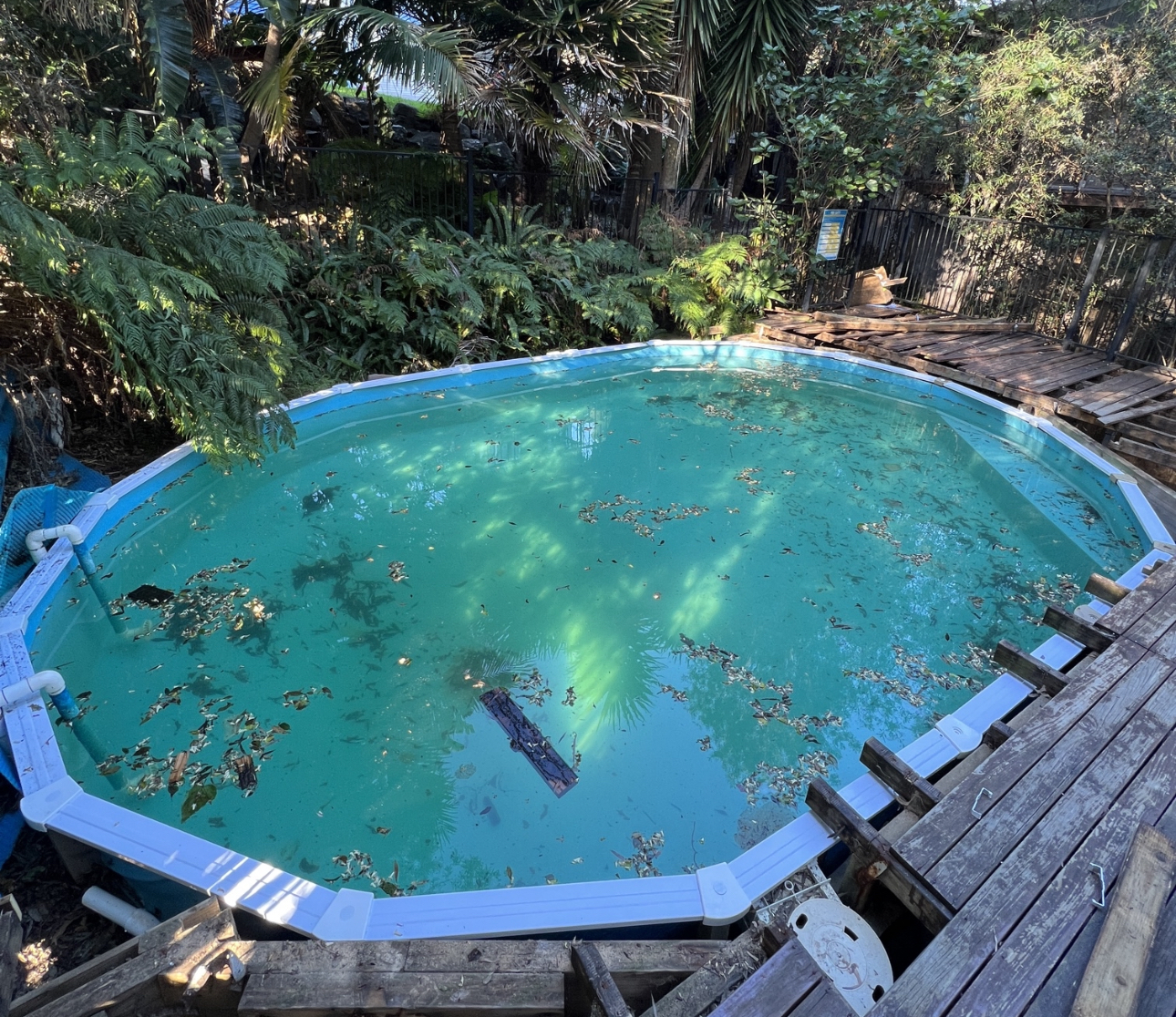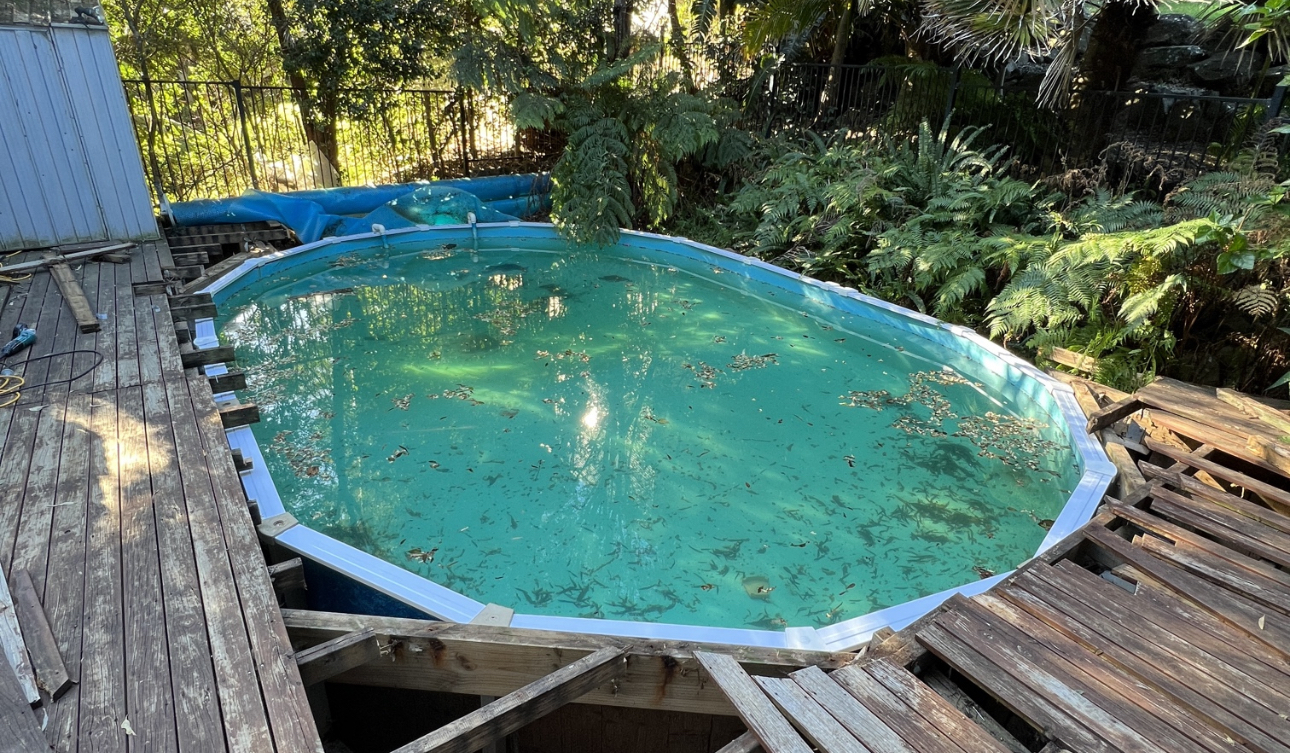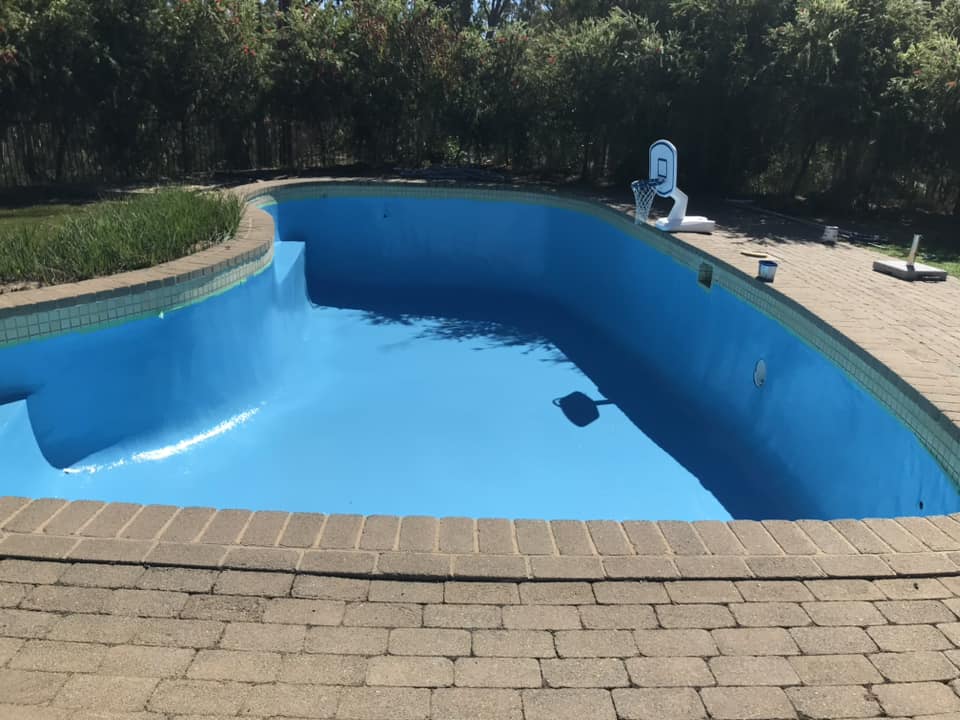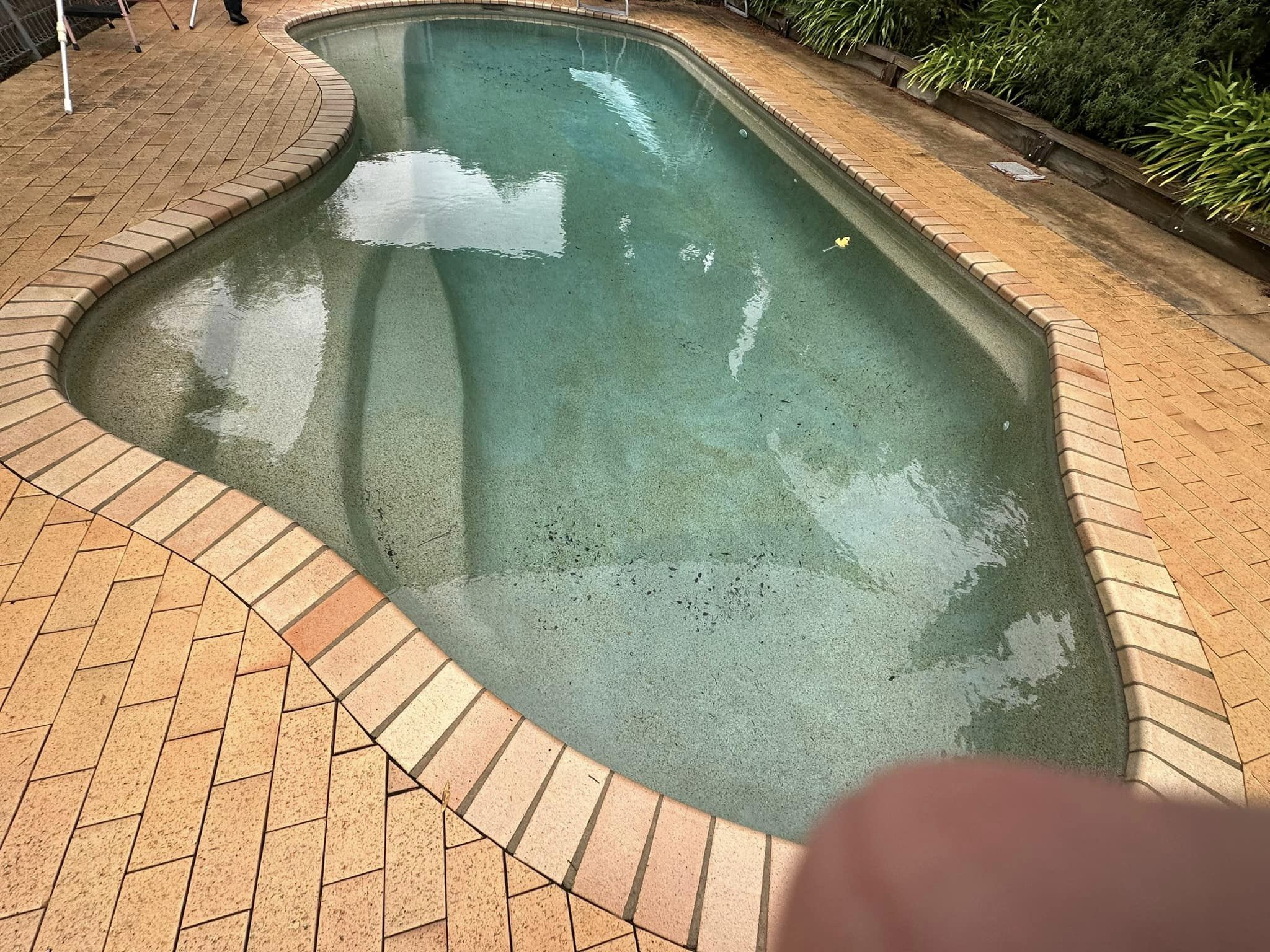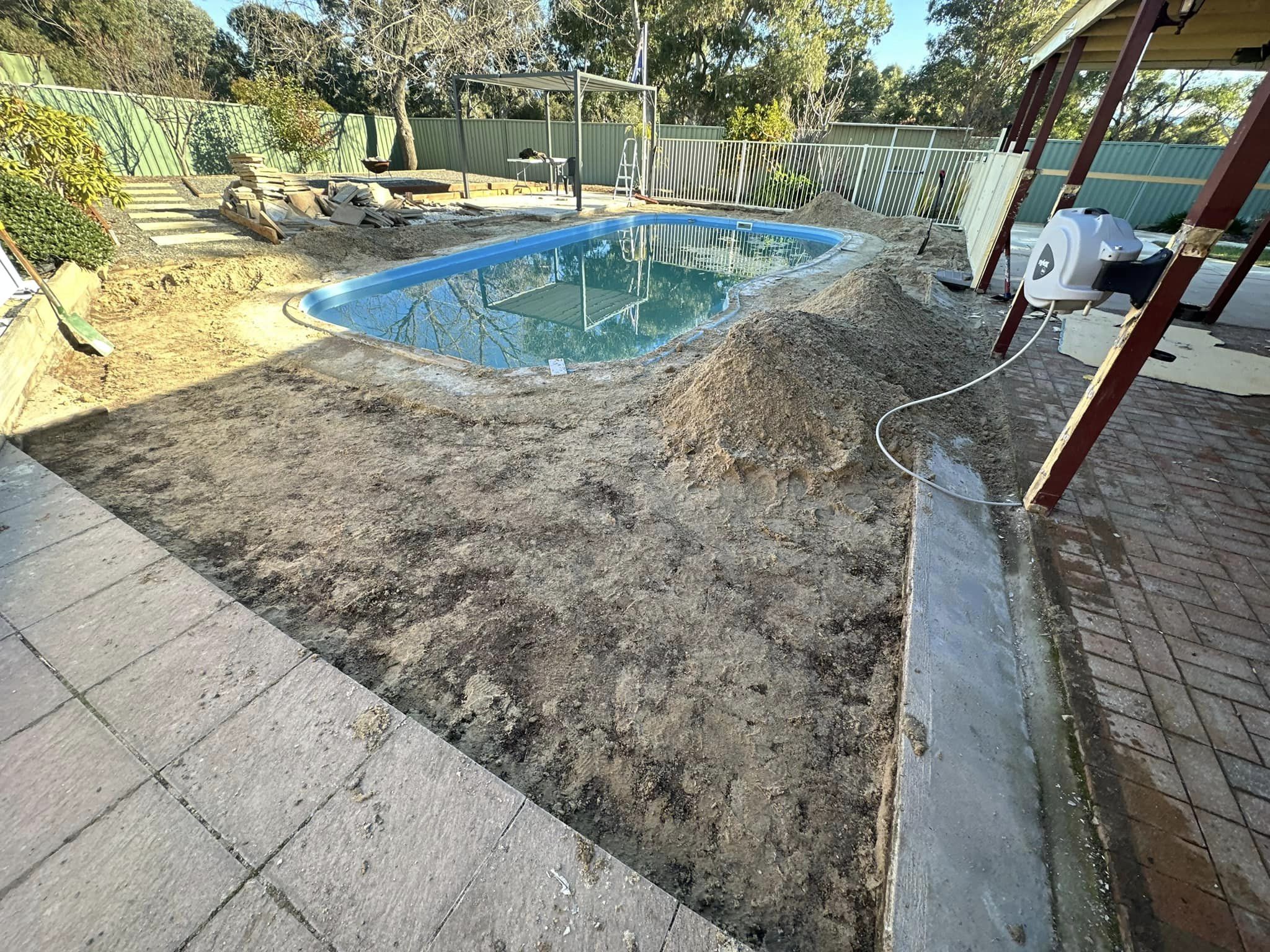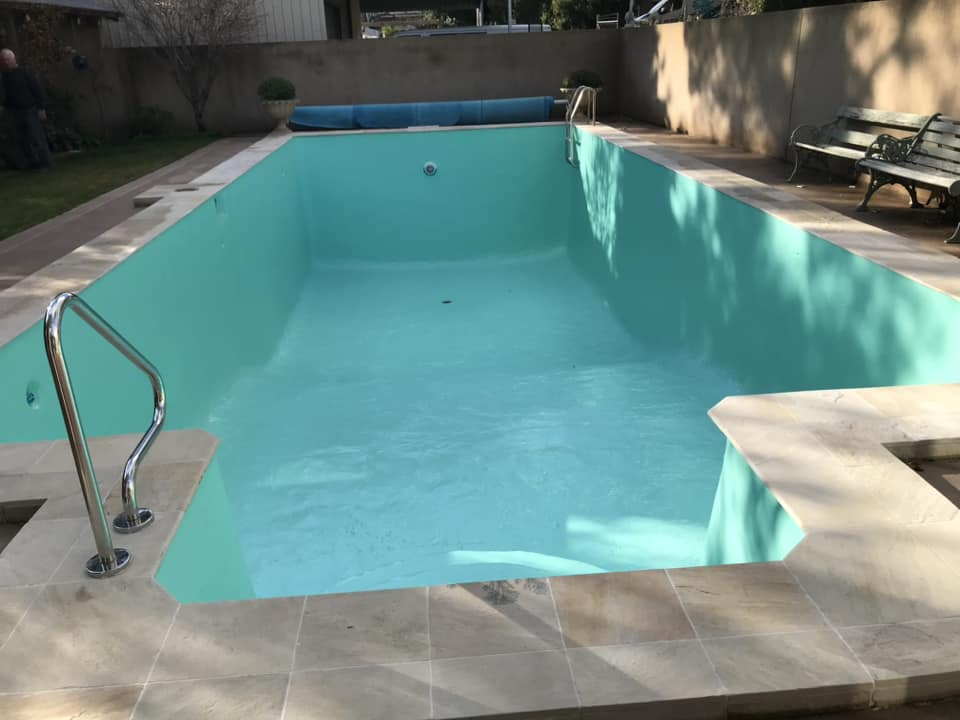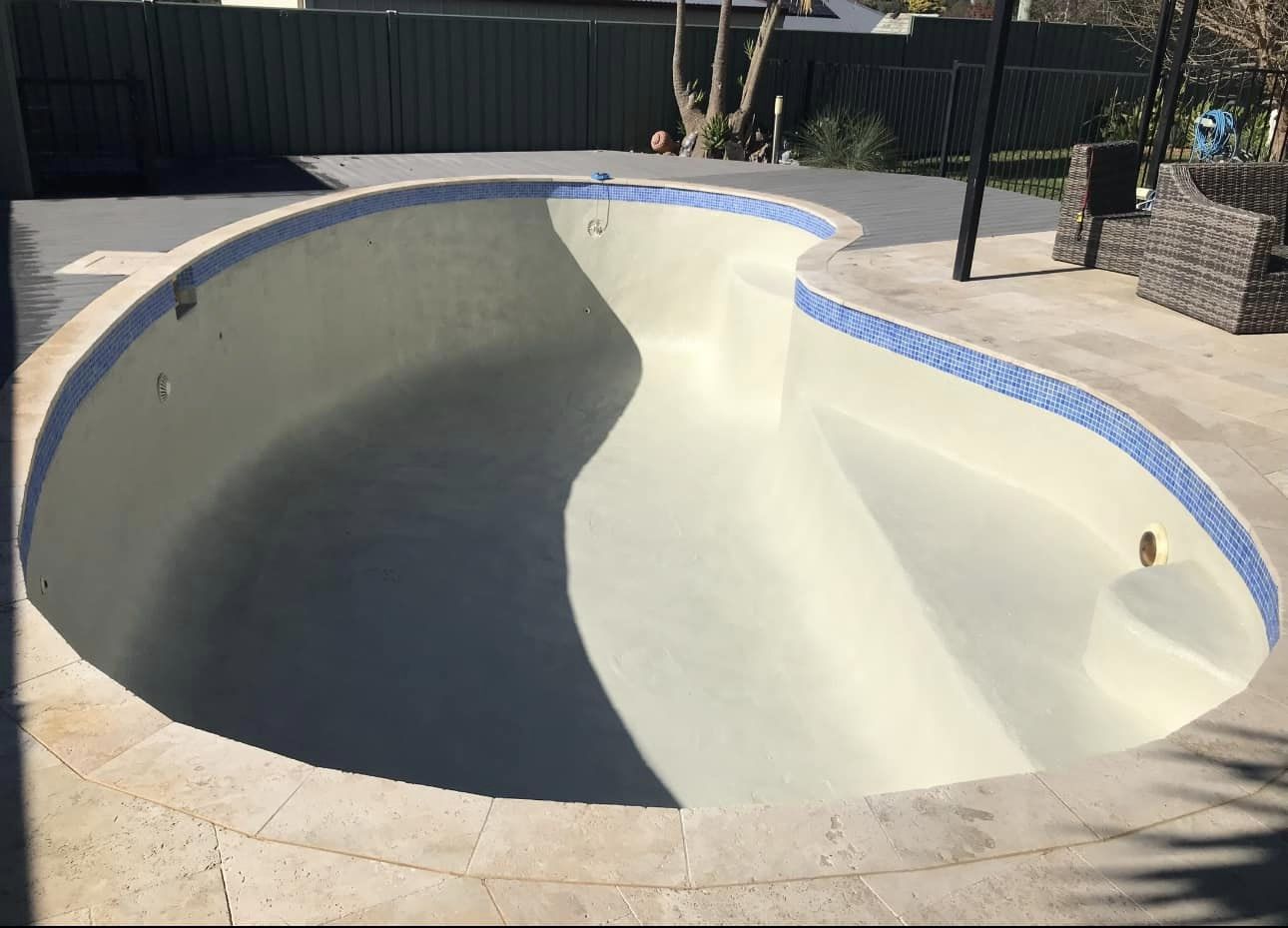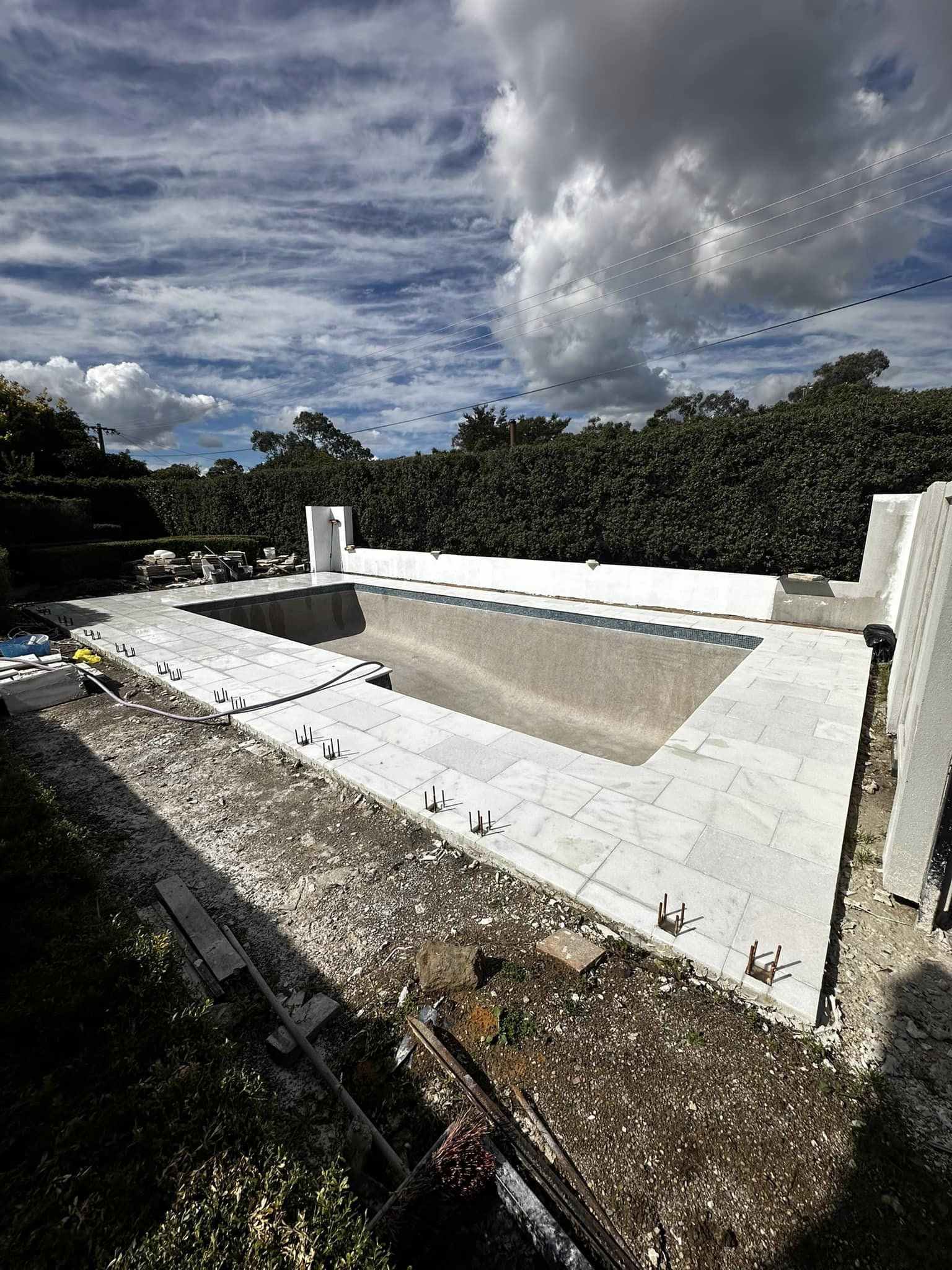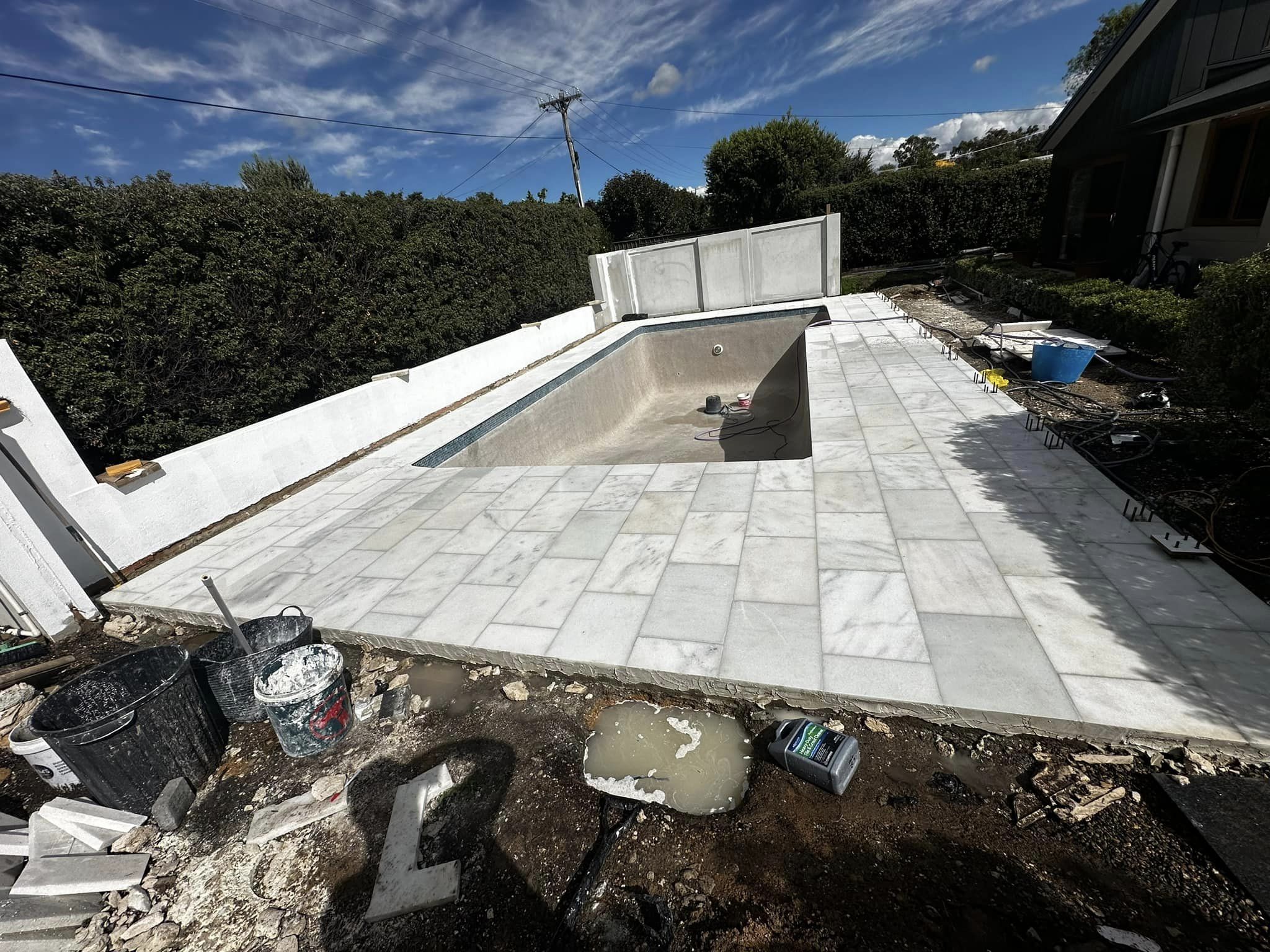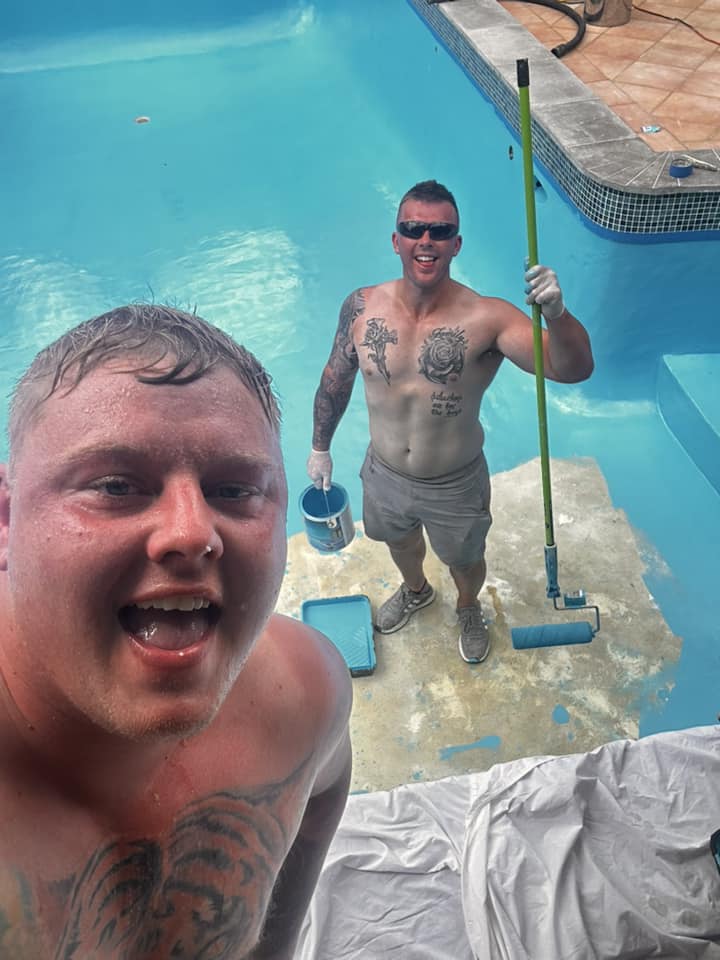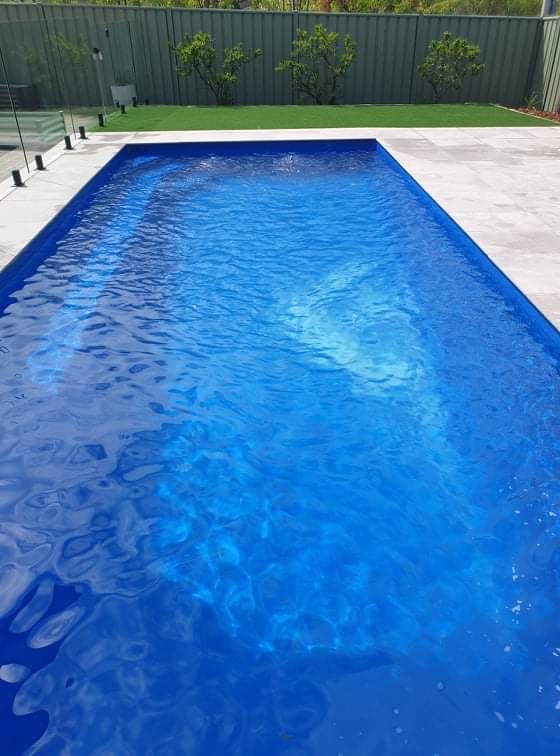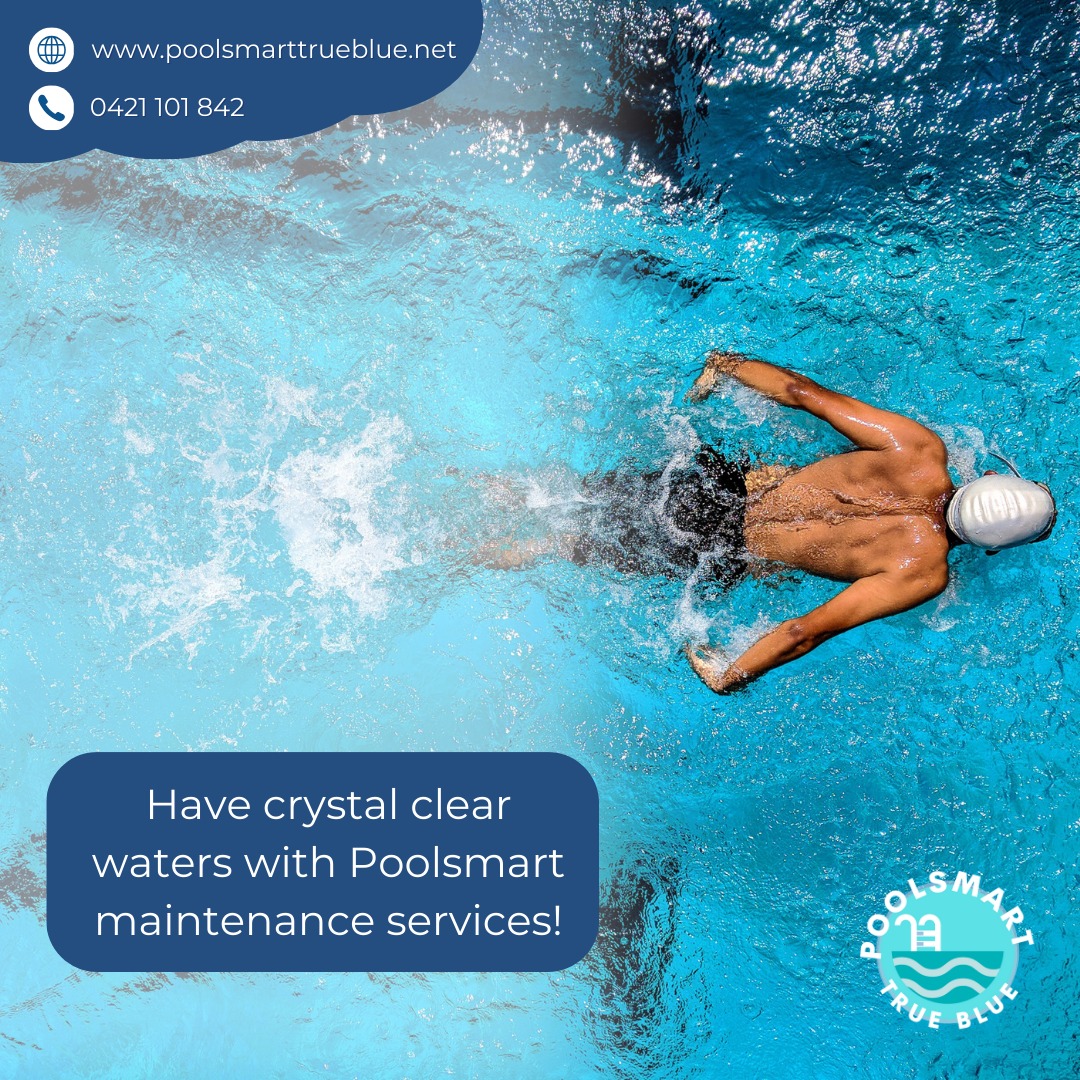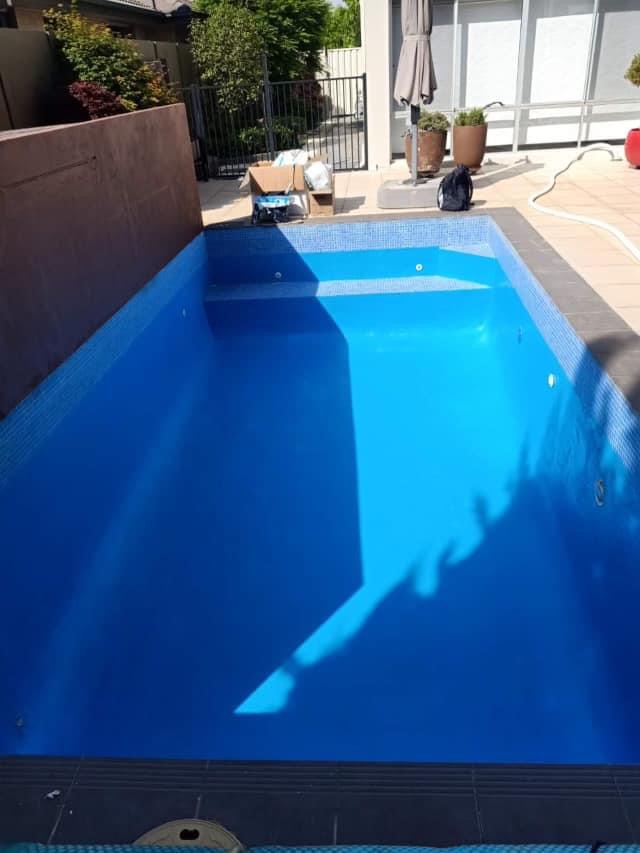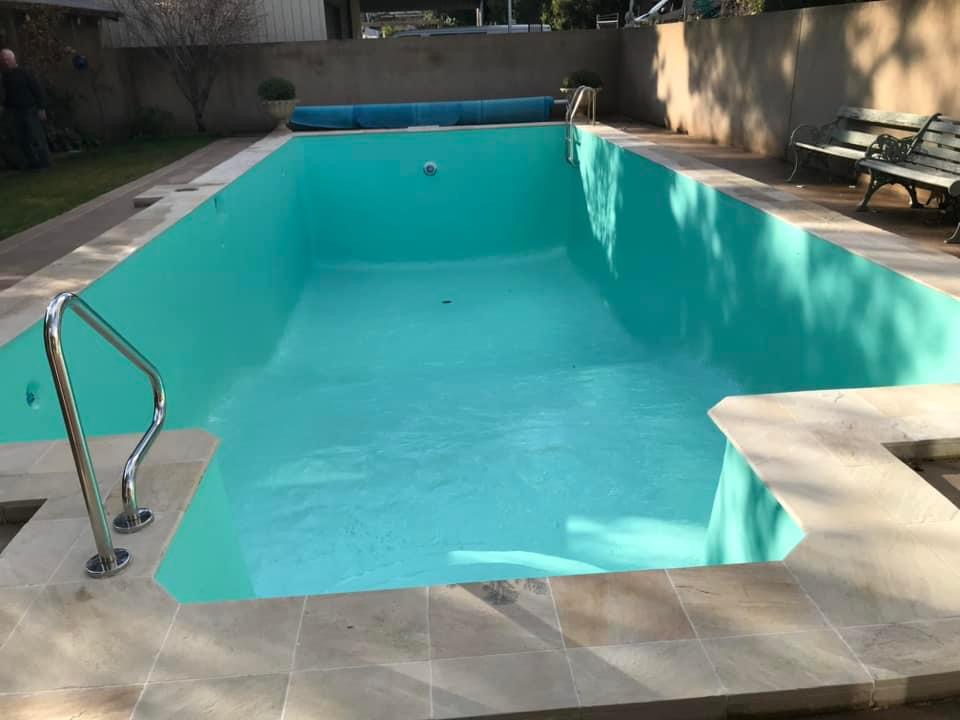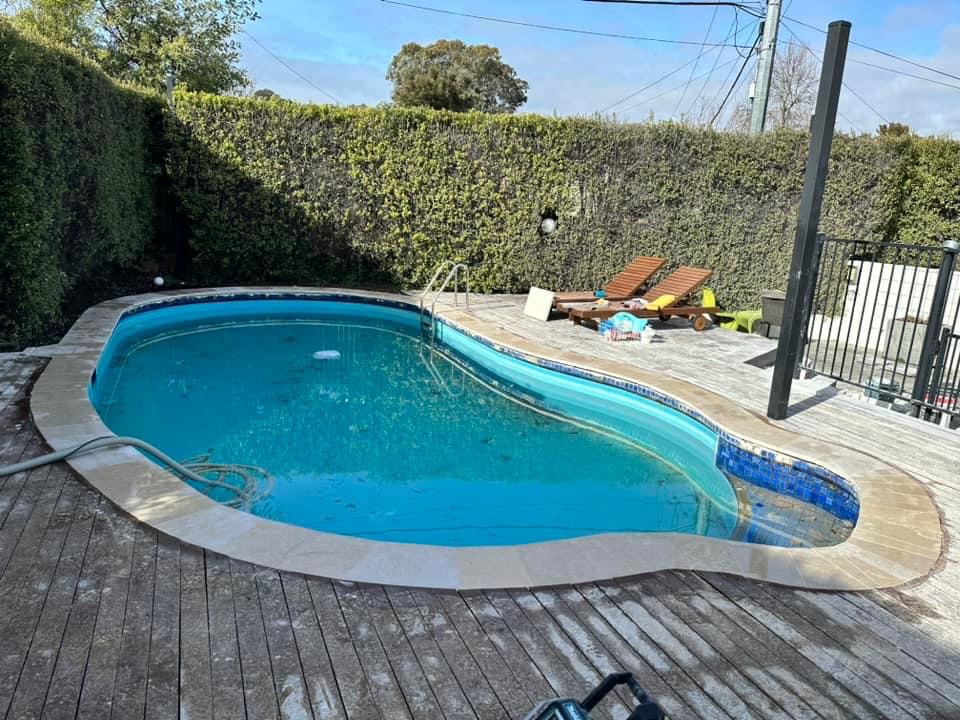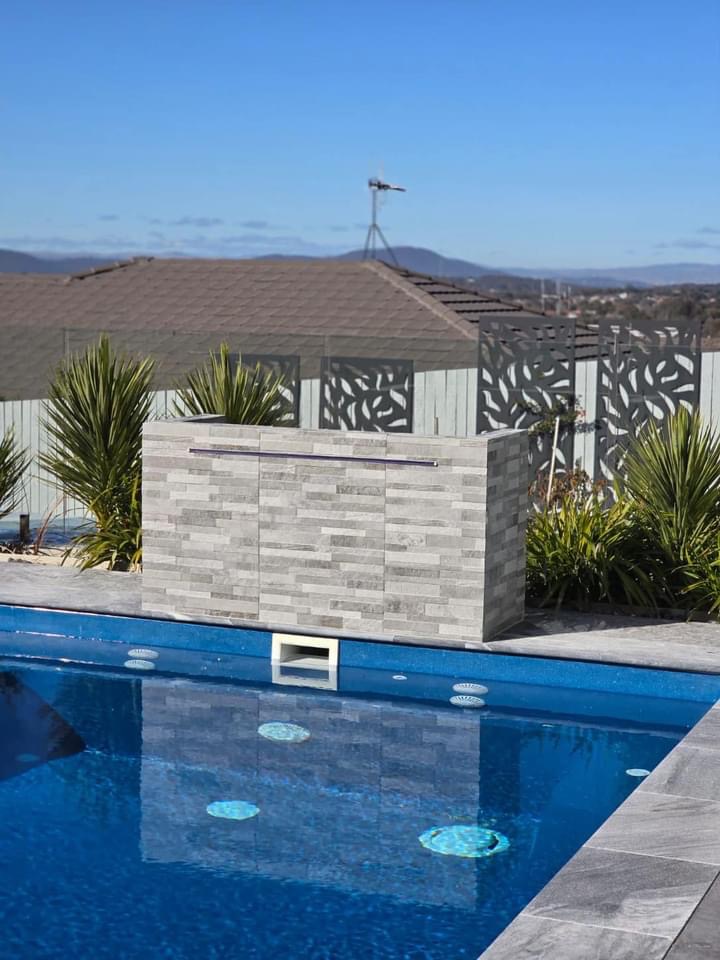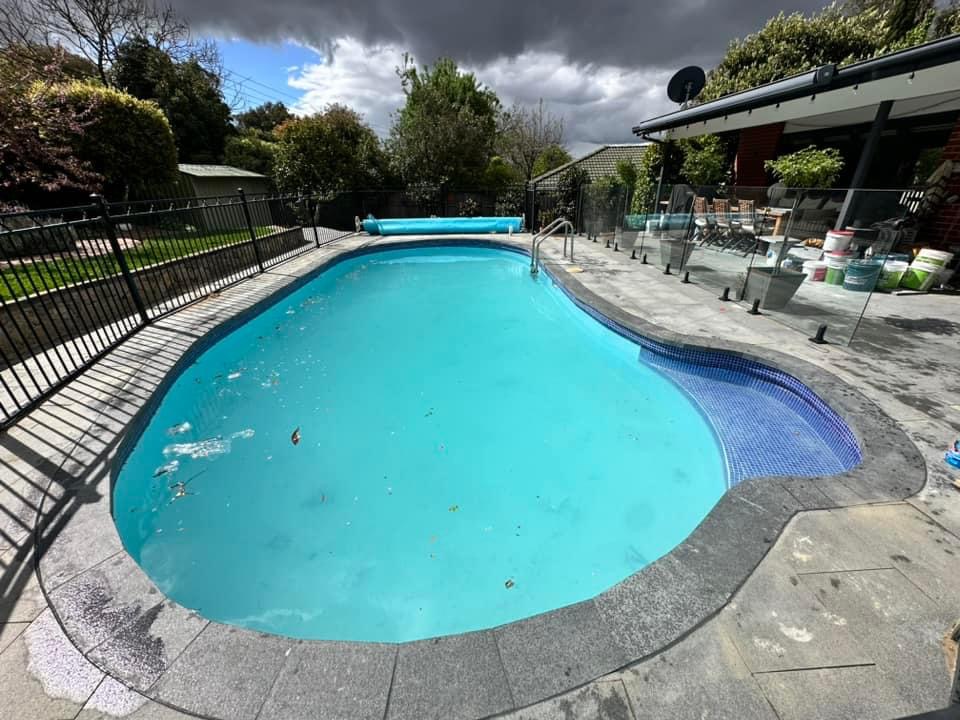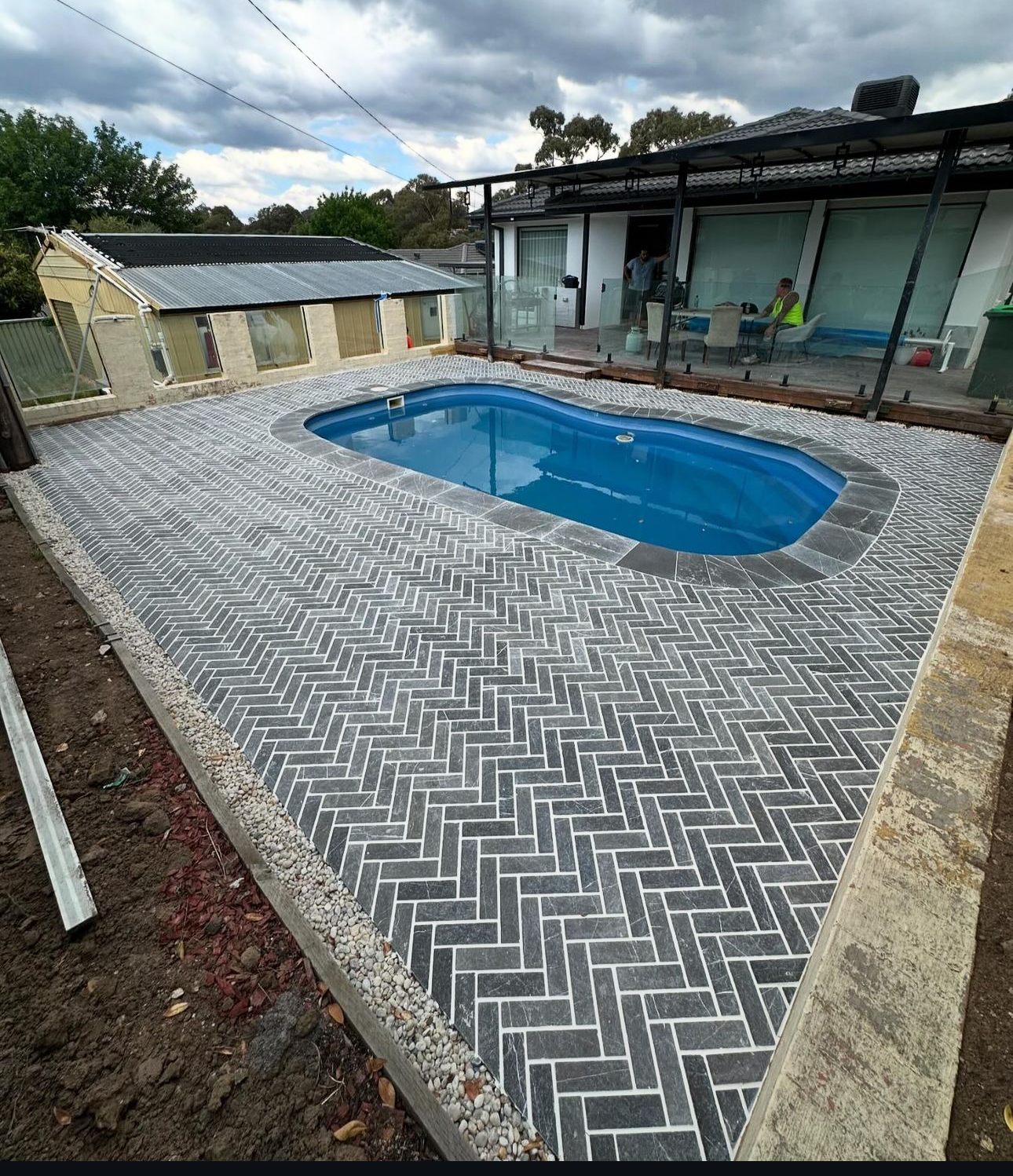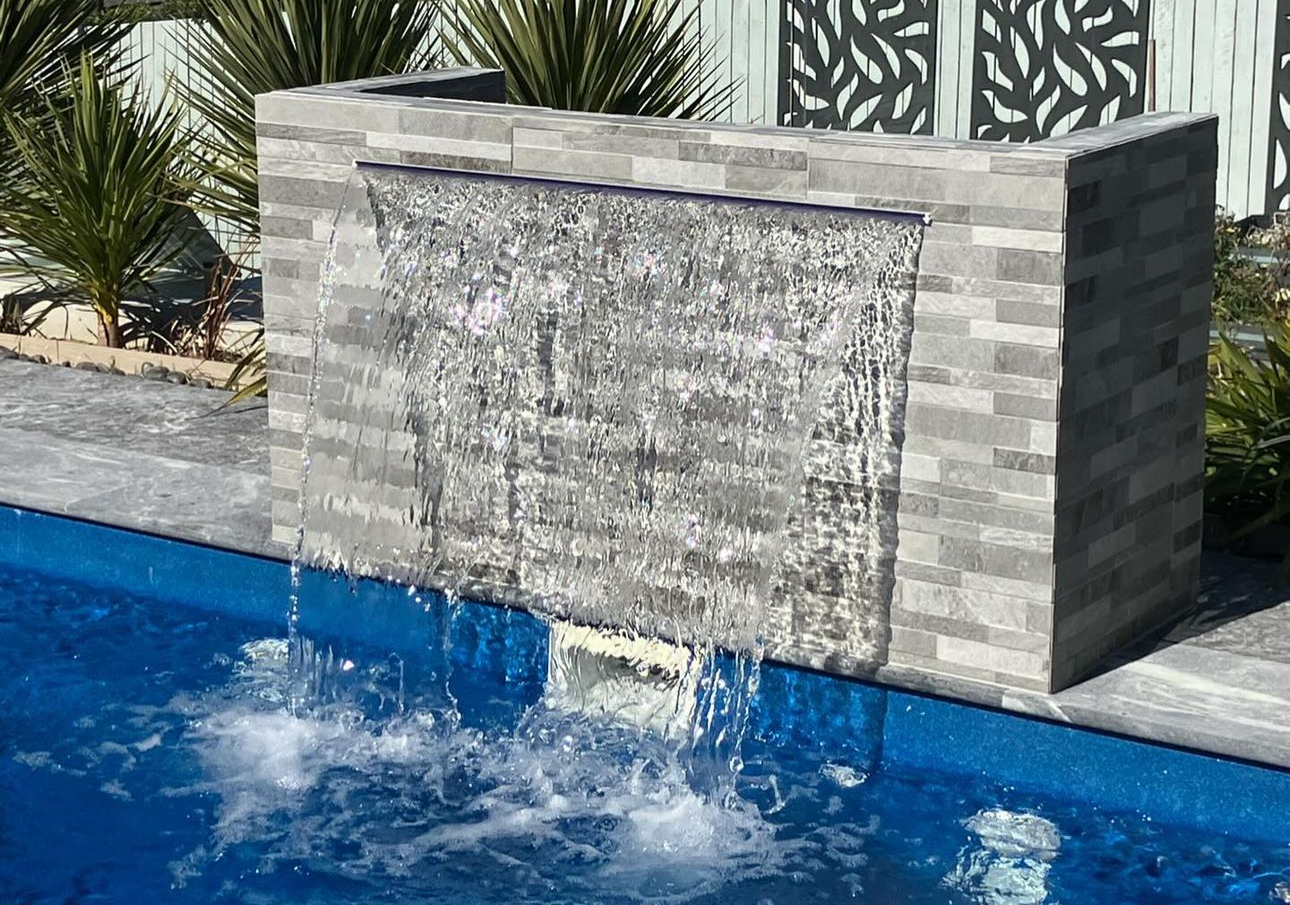Nothing ruins a morning swim faster than cold water. If your pool heater isn’t working like it used to, it might be time to take a closer look. Spotting the pool heater replacement signs early can save you time, money, and a few unpleasant surprises when the weather cools down.
At Poolsmart True Blue, we help homeowners and businesses across Canberra and NSW identify issues before they turn into full-blown breakdowns. If you’re not sure when to replace a pool heater, this guide will walk you through the most common indicators.
1. Inconsistent Water Temperature
If your pool heater is running but the water feels like it’s barely warming up, or the temperature keeps shifting without warning, that’s a red flag. Inconsistent heat usually means something isn’t working properly in the system. It could be a thermostat issue, a failing sensor, or something else. Either way, it’s one of the clearest signs that you need to buy a new pool heater.
2. Higher Energy Bills Without Explanation
Pool heaters do use energy, especially in winter. But if your bills are going up and your usage hasn’t changed, the heater might be working harder than it should. Older units can become less efficient as parts wear down, leading to a noticeable increase in power or gas costs.
3. Odd Noises During Operation
Banging, whistling, or grinding sounds are never a good sign. These noises often mean something’s loose or damaged inside the unit. You might be dealing with rust, failing parts, or blocked water flow. If repairs don’t fix the issue, replacement might make more sense.
4. Visible Rust or Corrosion
Rust and corrosion around the heater’s exterior or internal components usually mean wear and tear has set in. Moisture, chemicals, and general use all take a toll over time. If the damage is visible, the inside is likely affected too. This is one of the more common pool heater replacement signs we see during routine servicing.
5. The Heater Is Over 10 Years Old
Most pool heaters last between 8 and 12 years, depending on how well they’ve been maintained. If your unit is on the older side and starting to show its age, replacing it could be more cost-effective than continuing to patch it up. Plus, newer models tend to be much more efficient.
6. The Pool Is Taking Too Long to Heat Up
If your heater is on but the water still feels cold, it could be losing power or struggling to function properly. A pool that used to warm up in a few hours might now take all day, or never quite get there at all. That’s a good sign that the internal parts are wearing out.
7. Frequent Repairs and Downtime
Calling out a technician every few weeks to fix small problems adds up quickly. If you’re constantly replacing parts or chasing issues, it may be time to stop spending on repairs and invest in a new unit. This is one of the more expensive signs to buy a new pool heater, but it often saves money in the long run.
8. Heater Doesn’t Start at All
If your heater simply refuses to turn on, and you’ve already ruled out obvious issues like power or settings, that’s your answer. A complete failure usually means it’s time to start looking at replacements. You might also want to consider choosing a solar pool heater, depending on your energy setup and pool use.
Upgrading Your Heater the Smart Way
If you’re updating other swimming pool equipment, it’s a good time to replace your heater too. Coordinating everything means less downtime and can reduce overall service costs.
Also, don’t forget how important a clean, balanced system is. Even the best pool heater can’t perform well if the water chemistry is off or circulation is poor. If you’re already using our swimming pool cleaning services, we can check your heater during your next visit.
Knowing When to Replace a Pool Heater Matters
If your heater is unreliable, noisy, or driving up your bills, it’s probably time for an upgrade. Knowing when to replace a pool heater can help you avoid breakdowns and keep your pool comfortable when it matters most.
Not sure what you need? Get in touch with the Poolsmart True Blue team. We’ll help you find a heater that works for your pool, your setup, and your budget.
